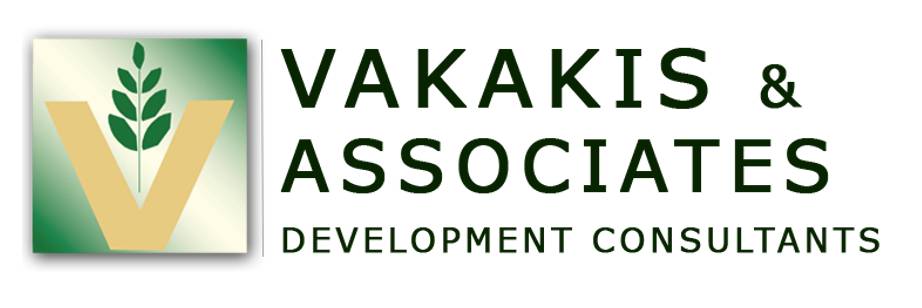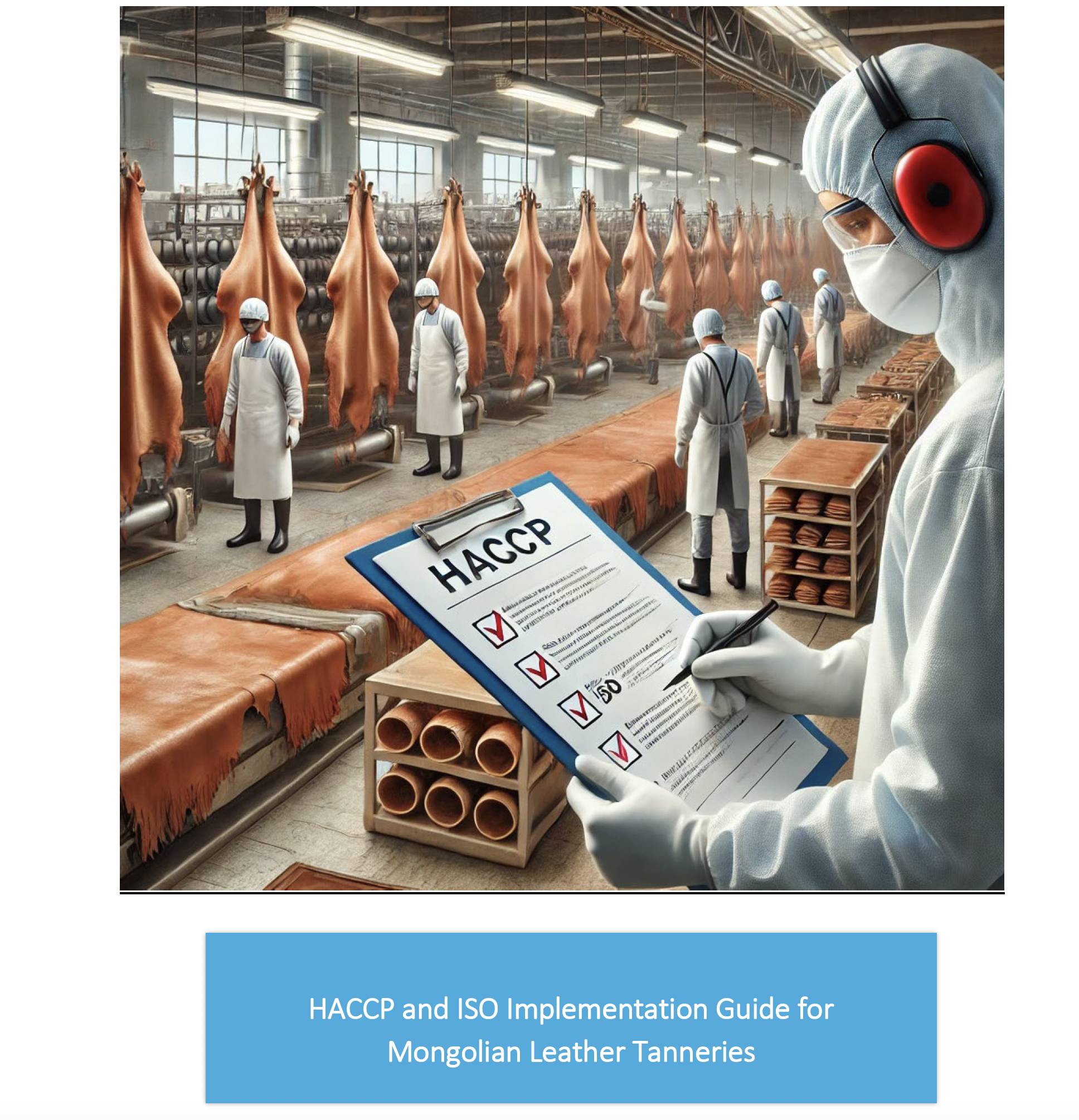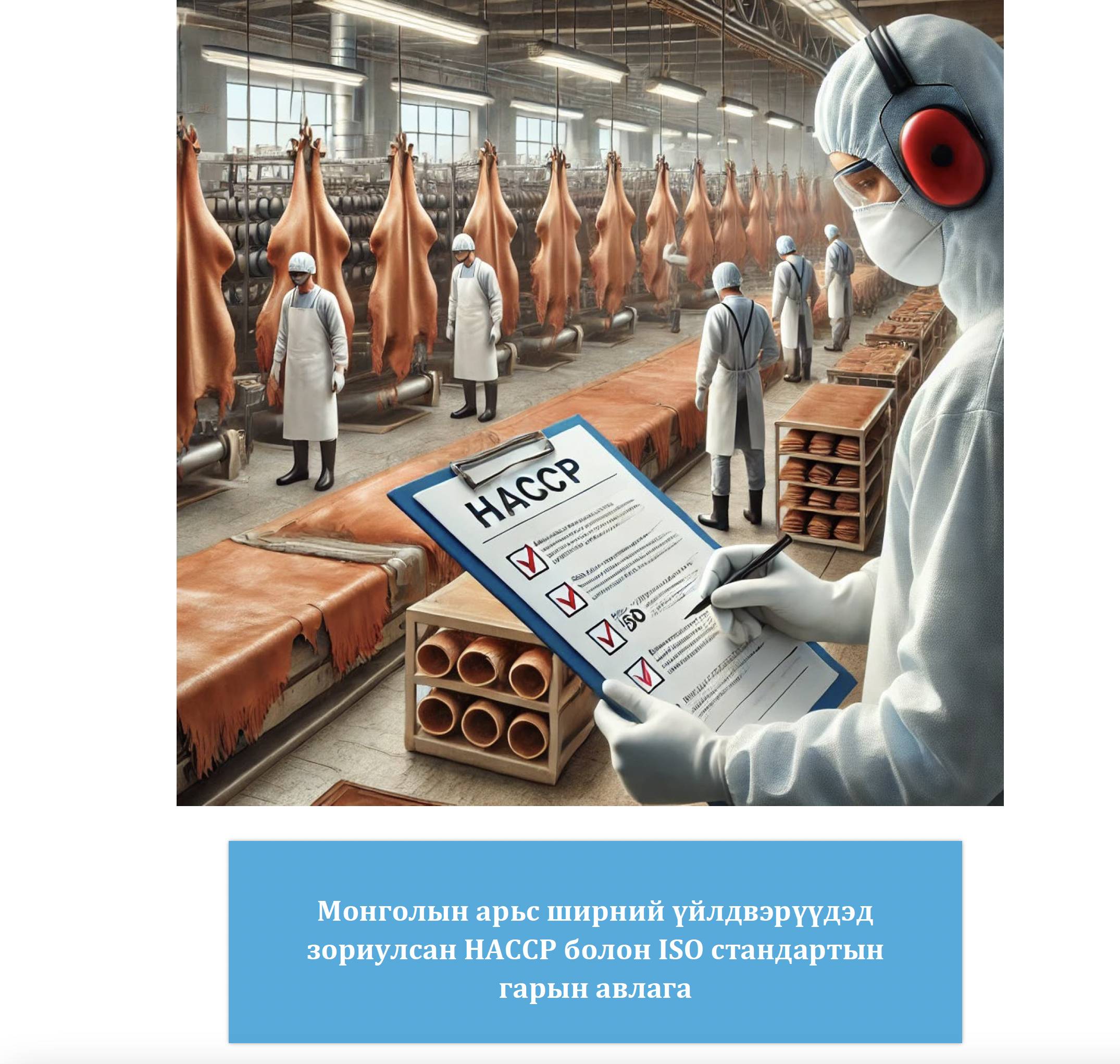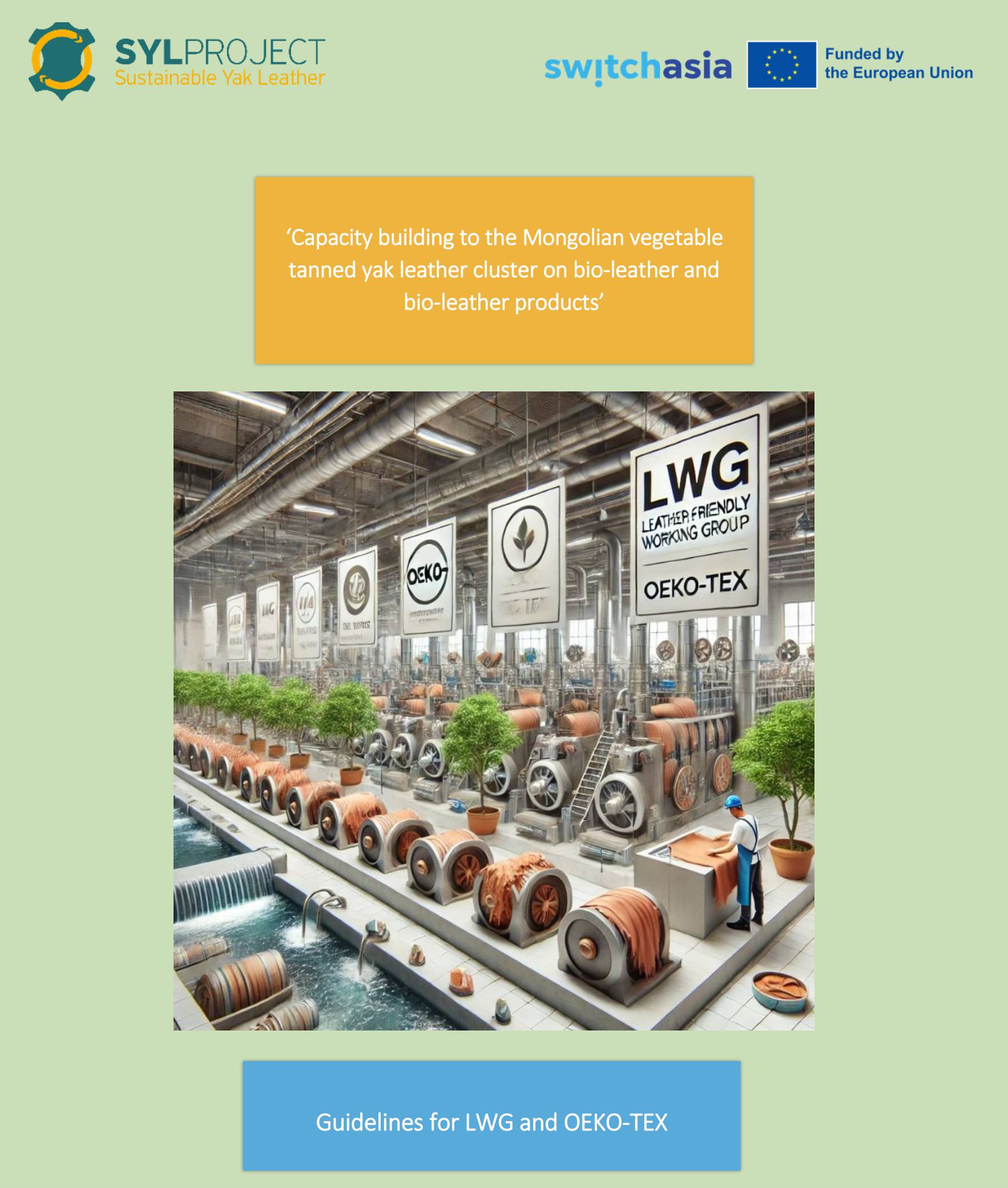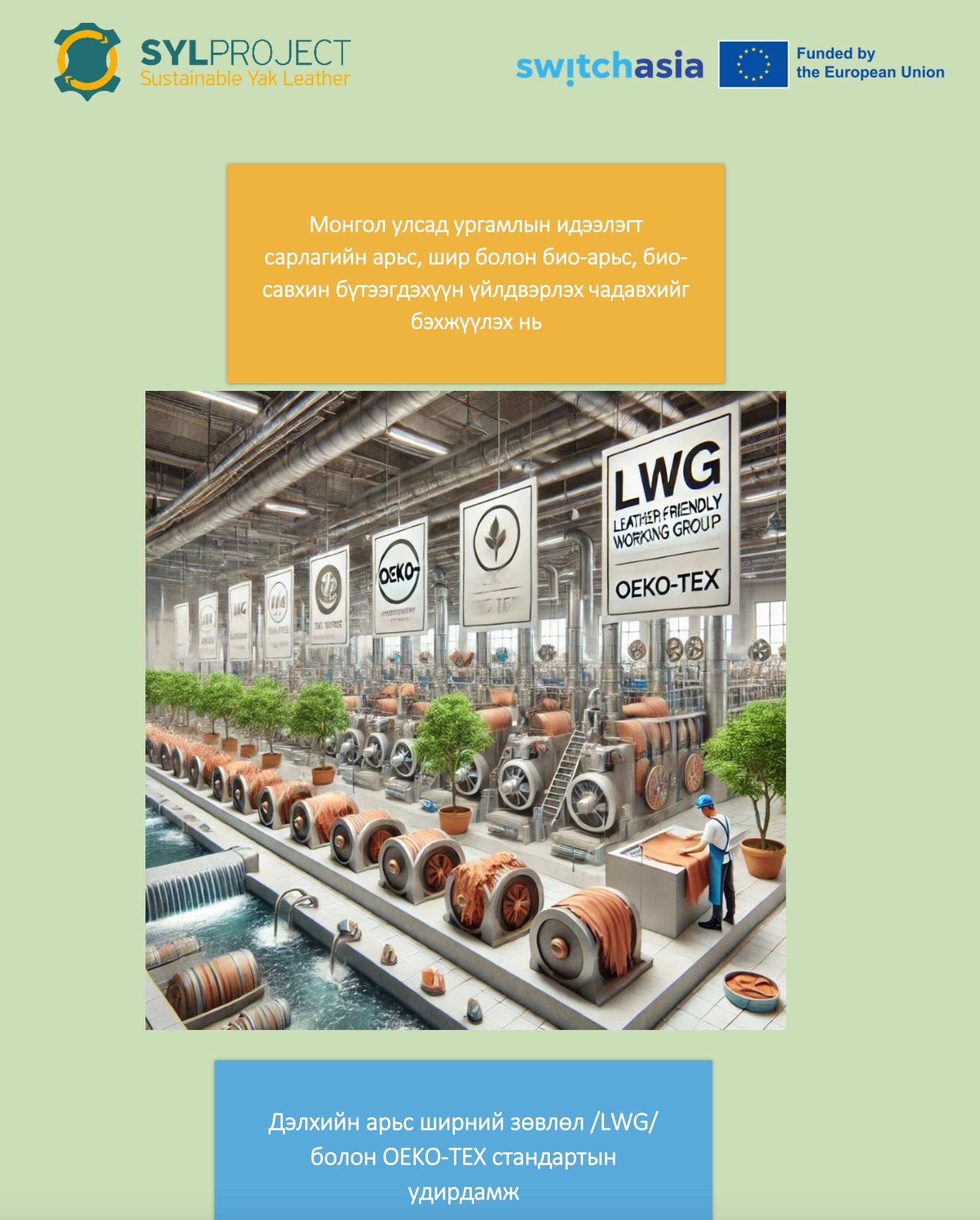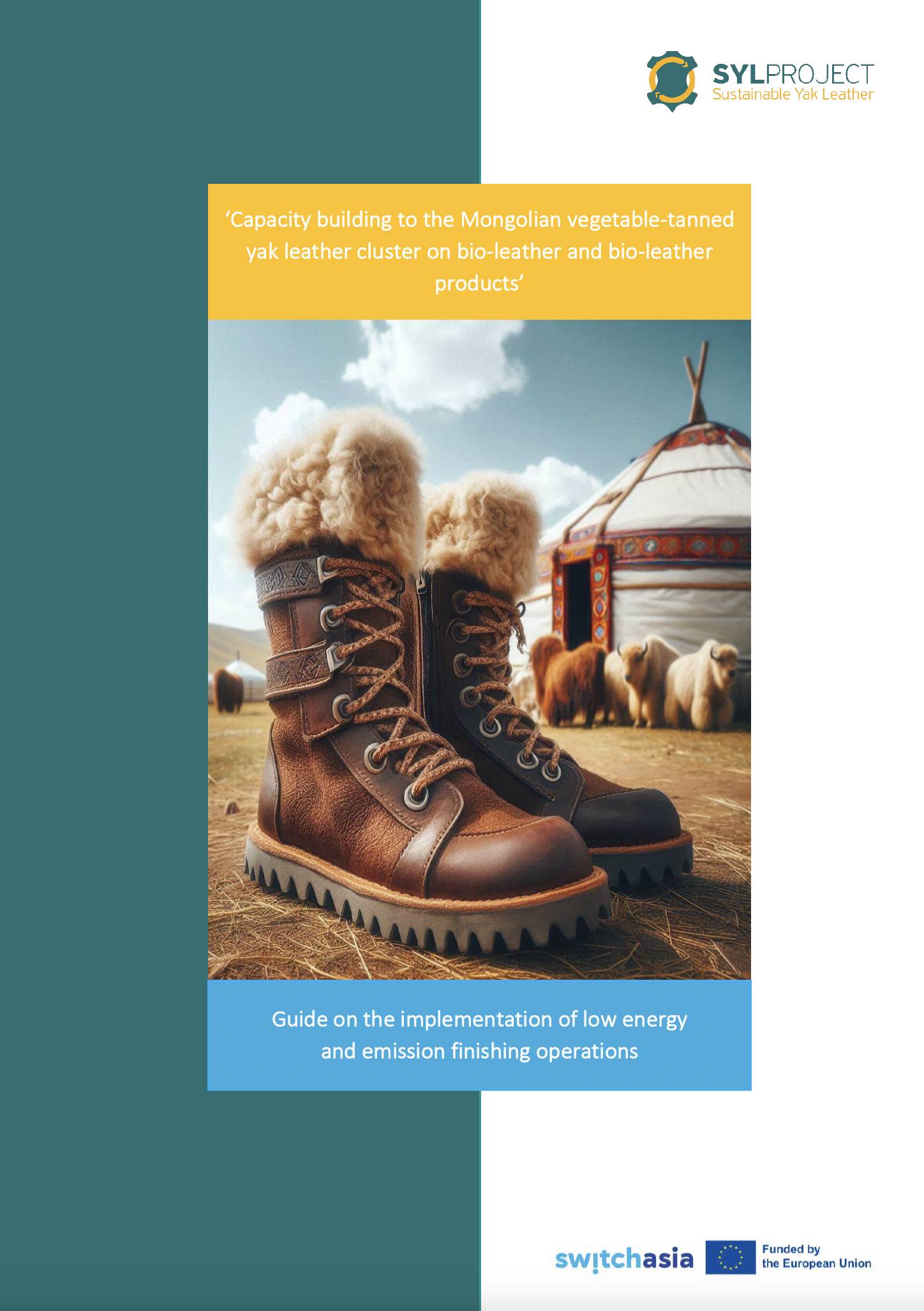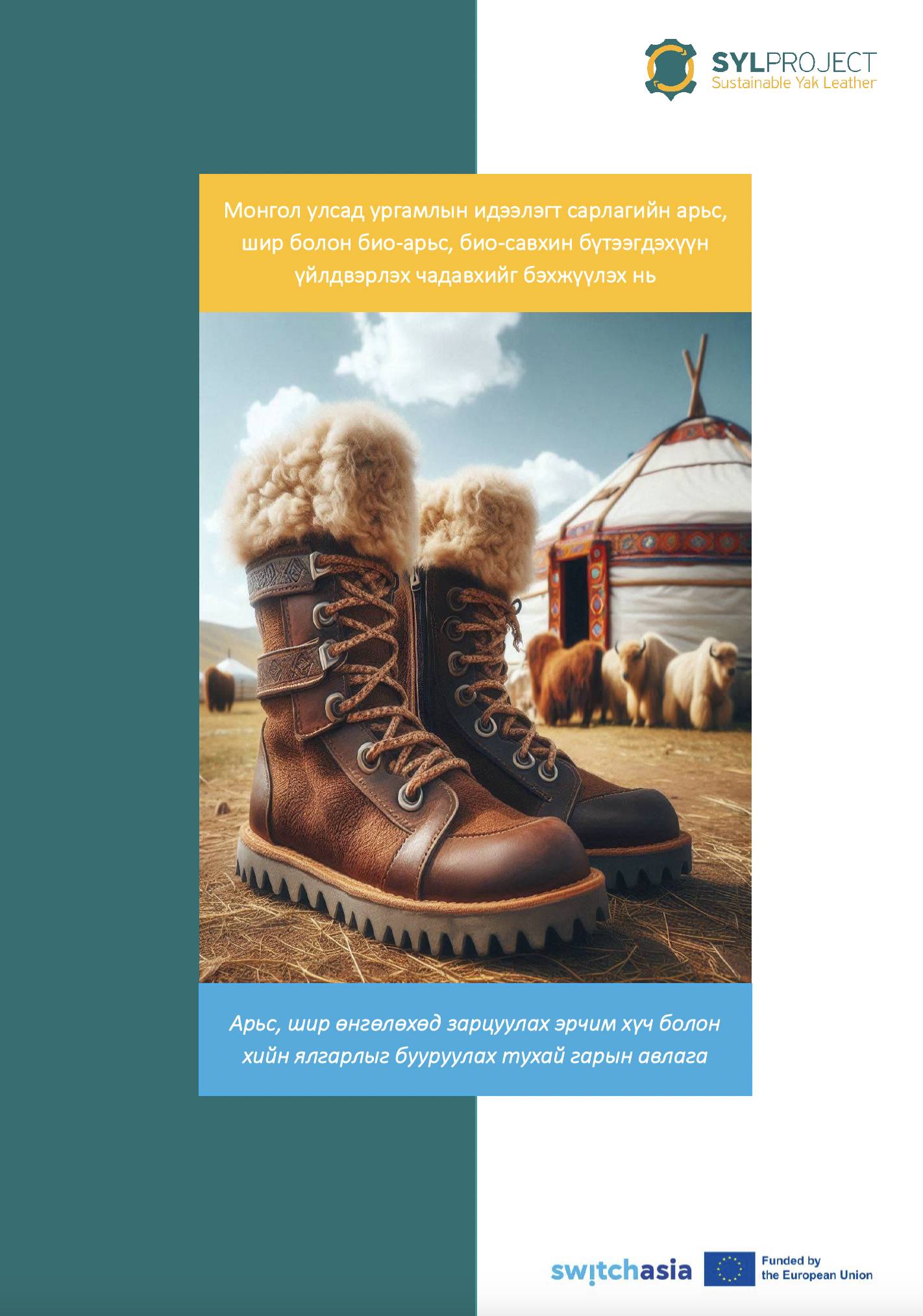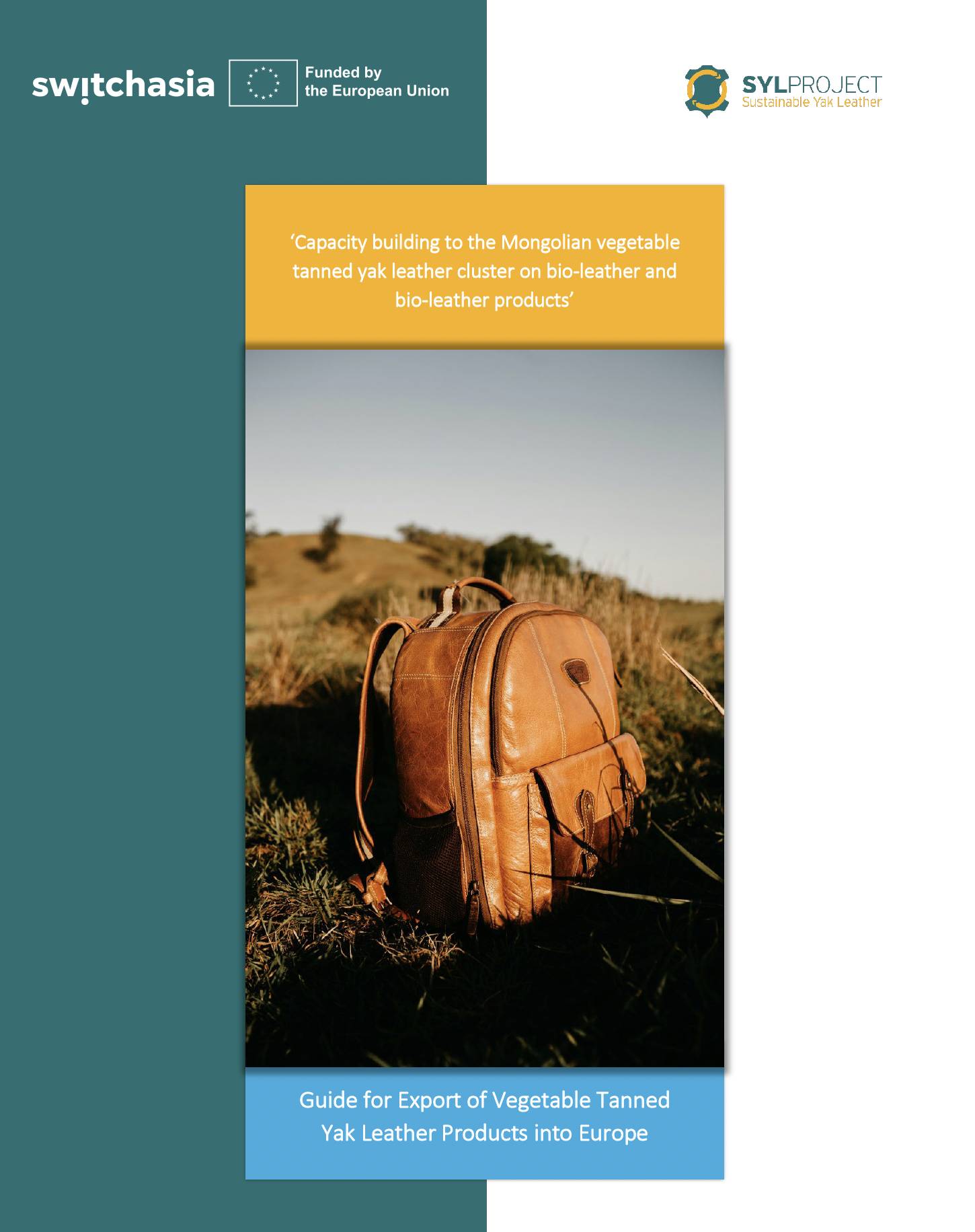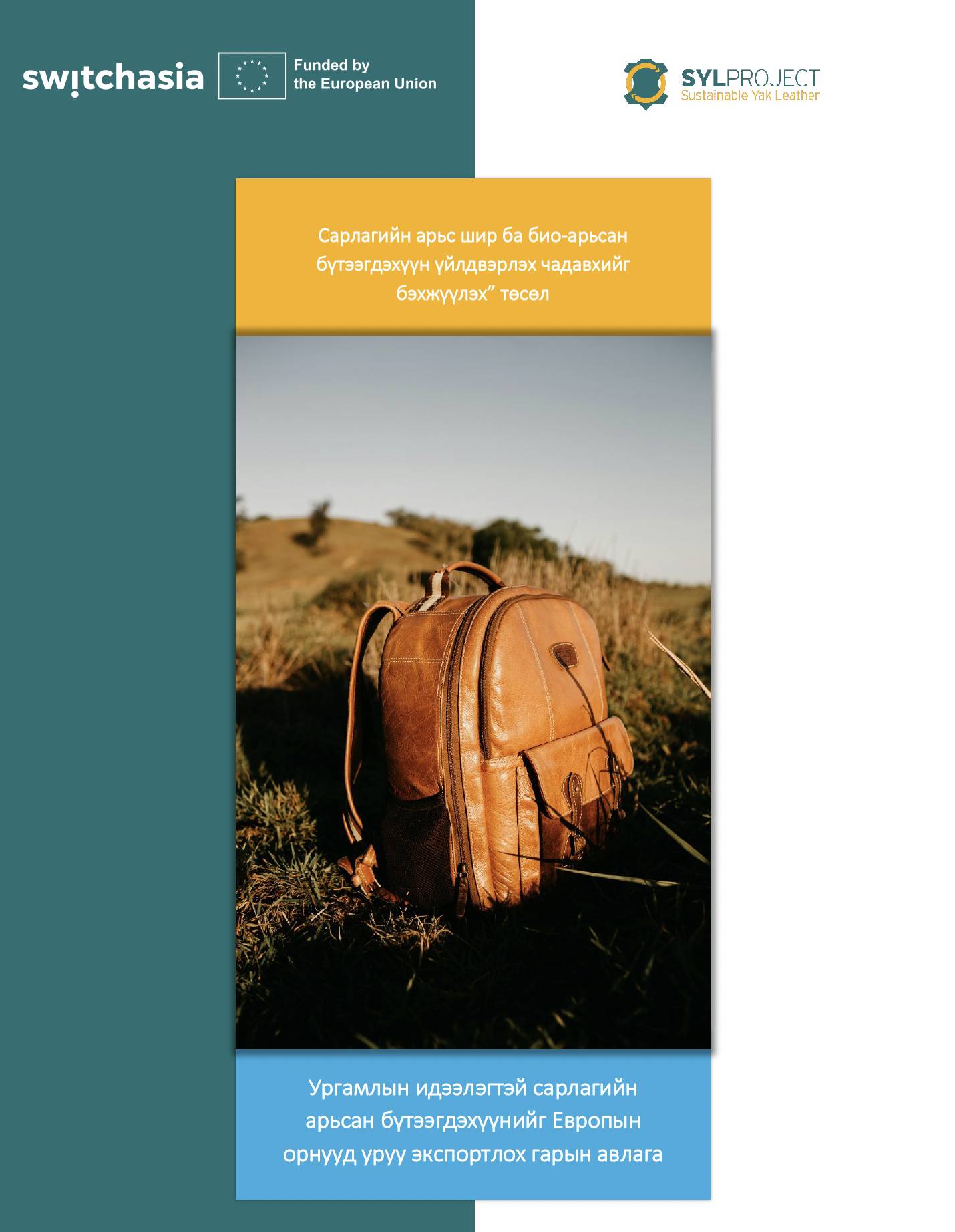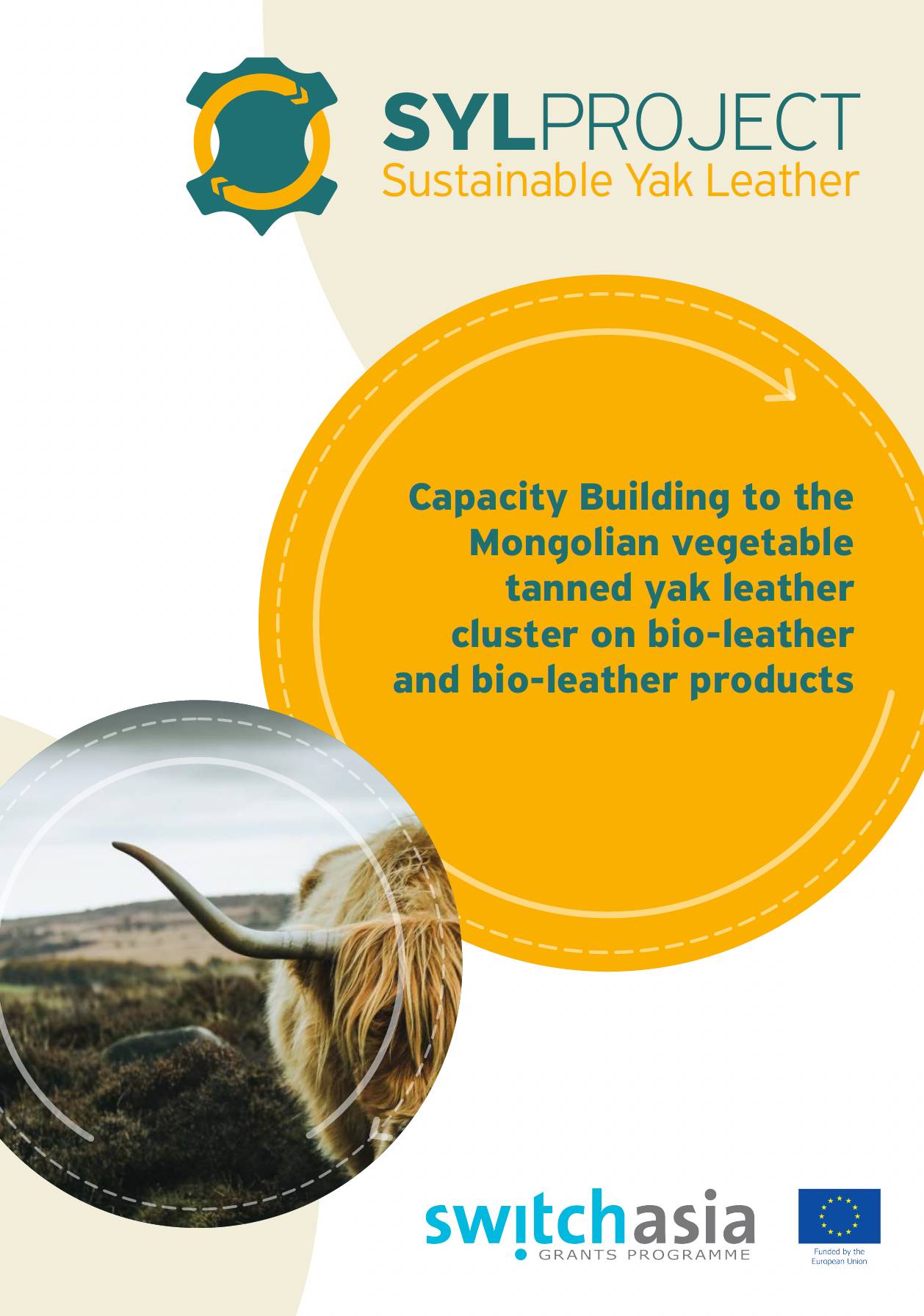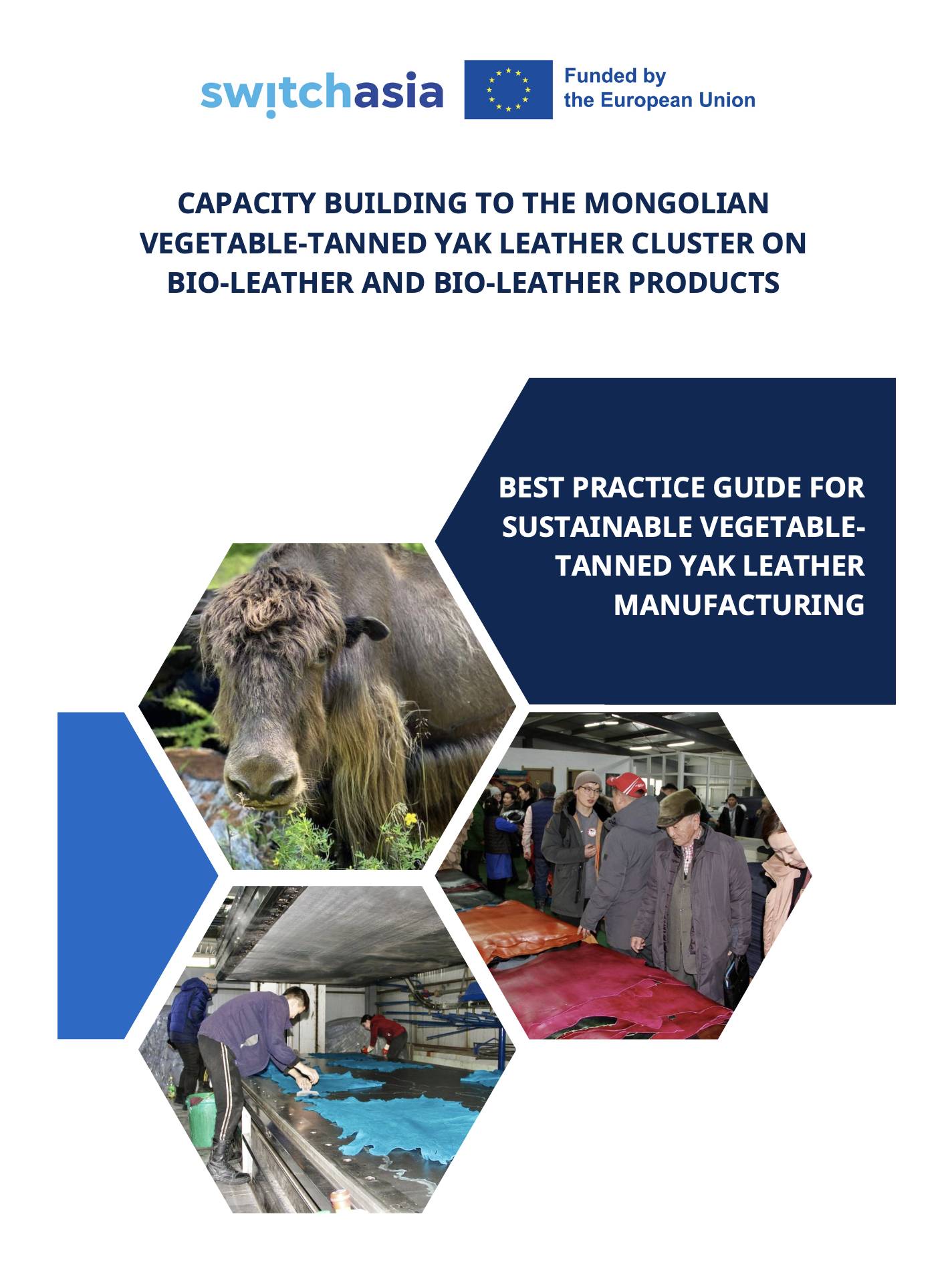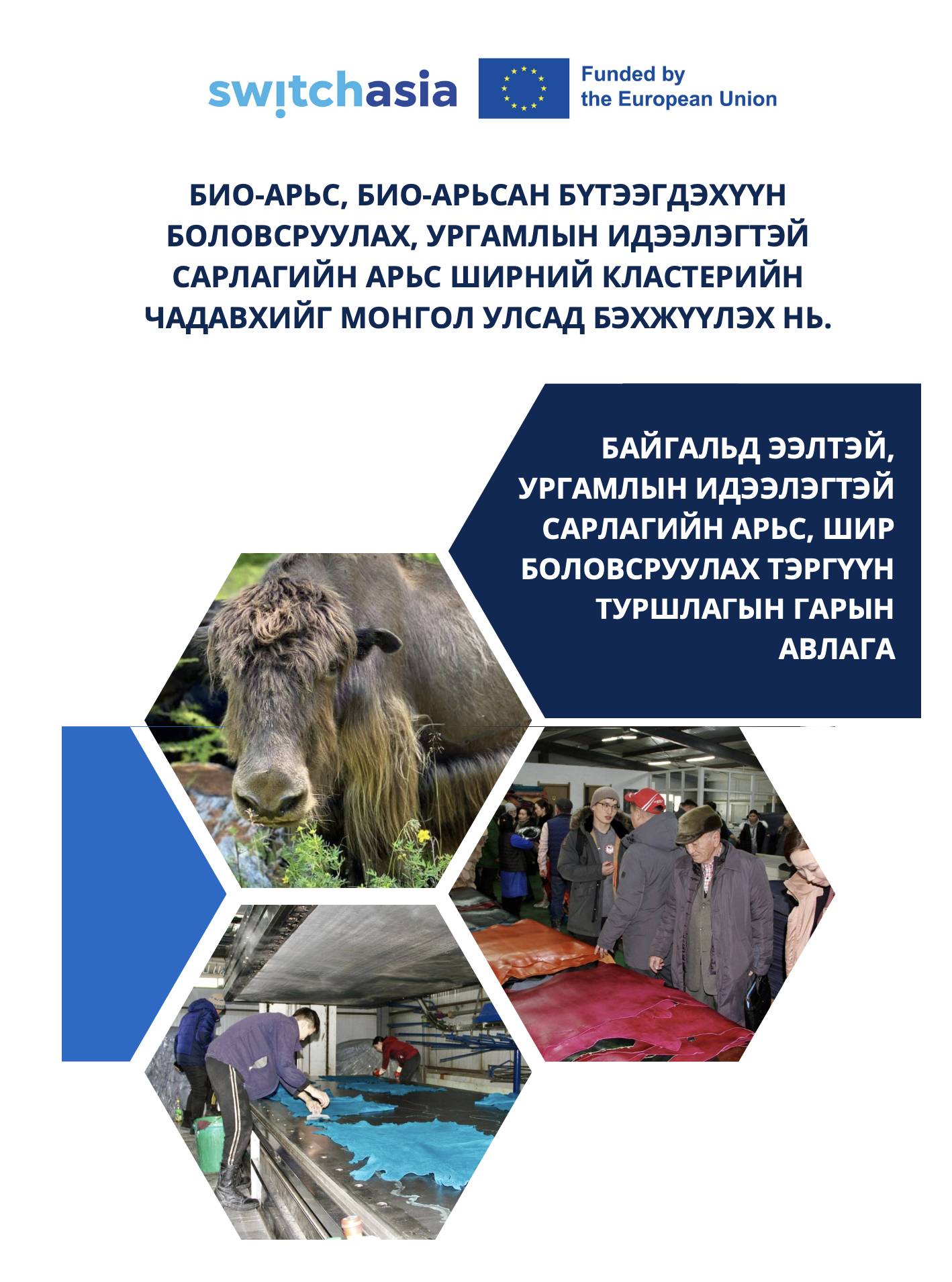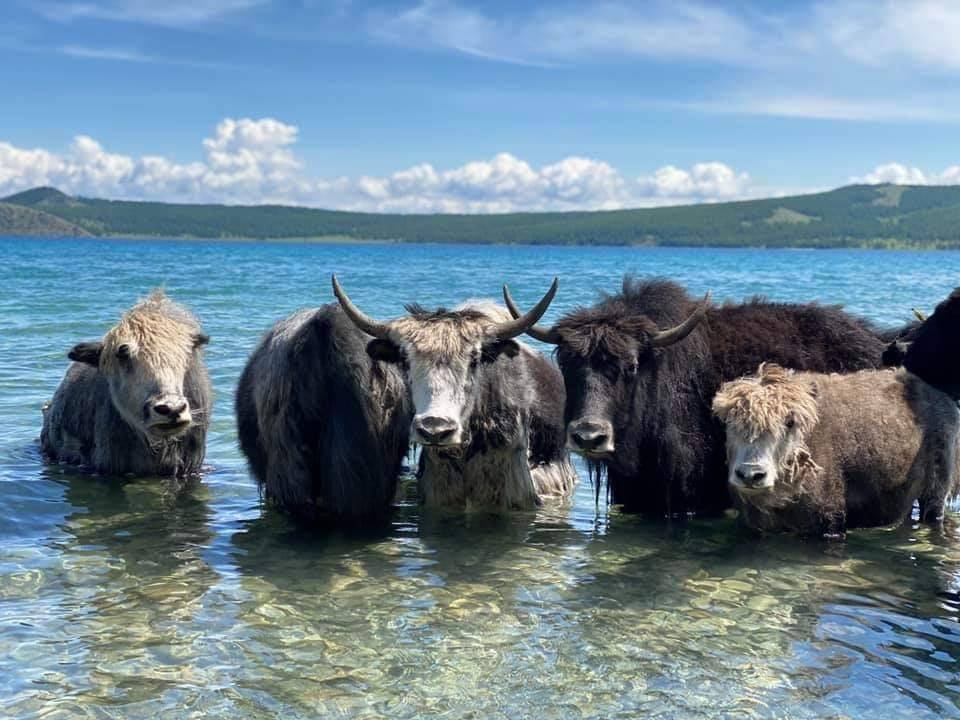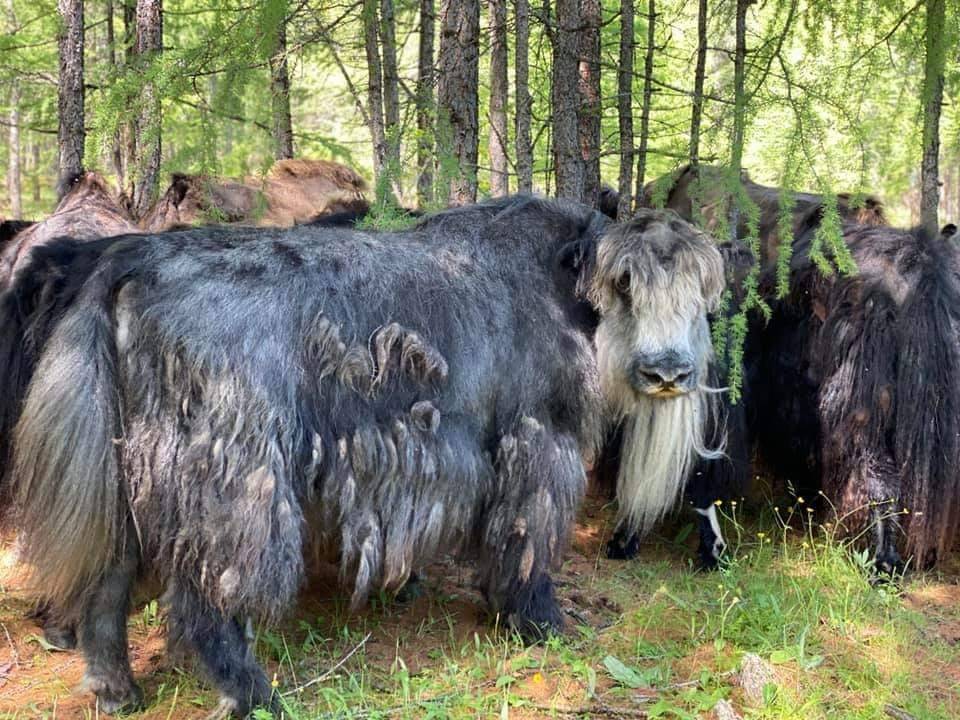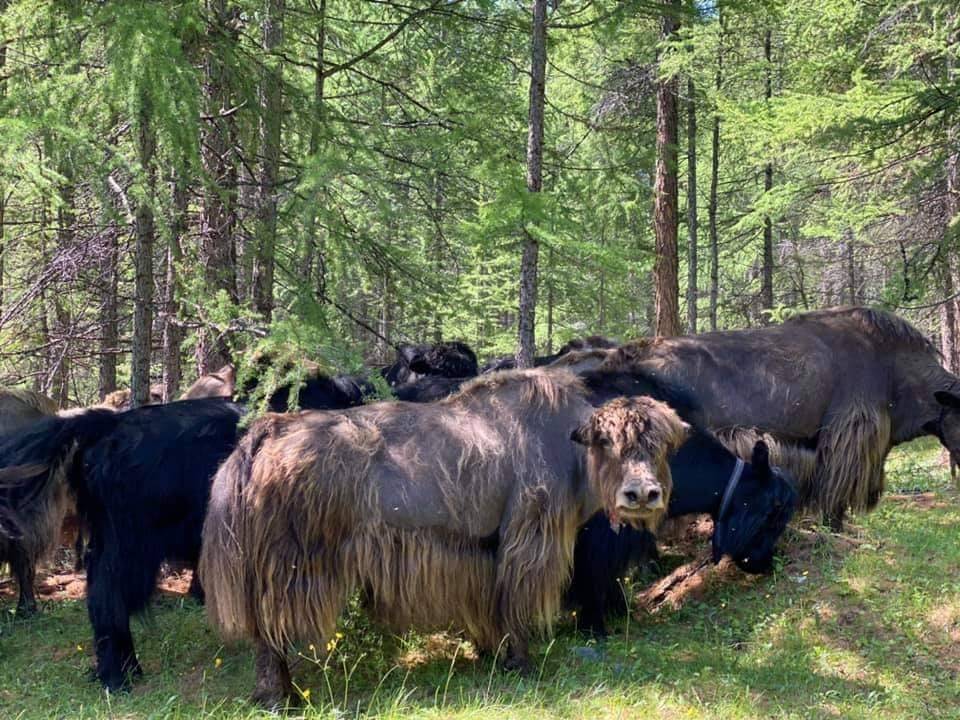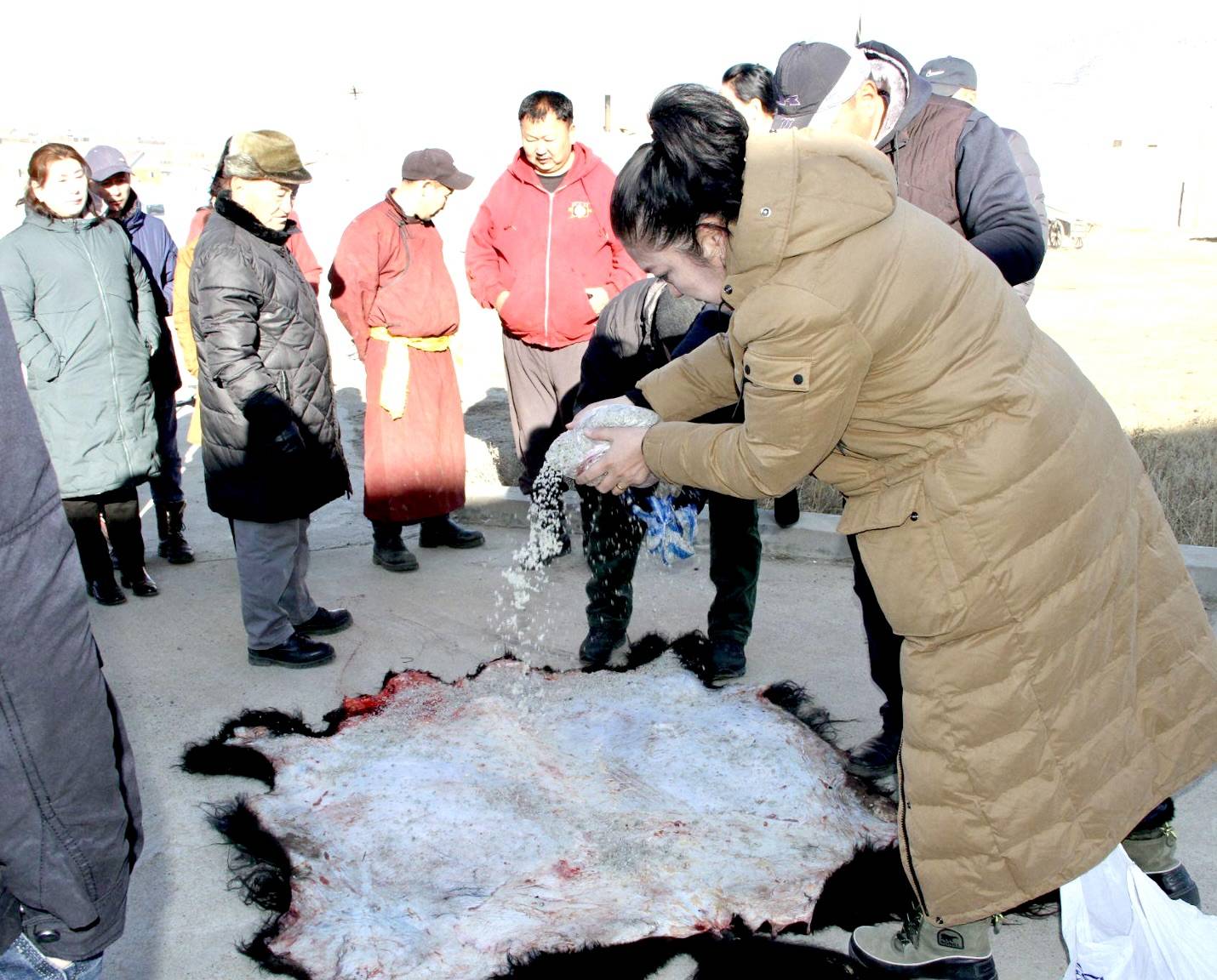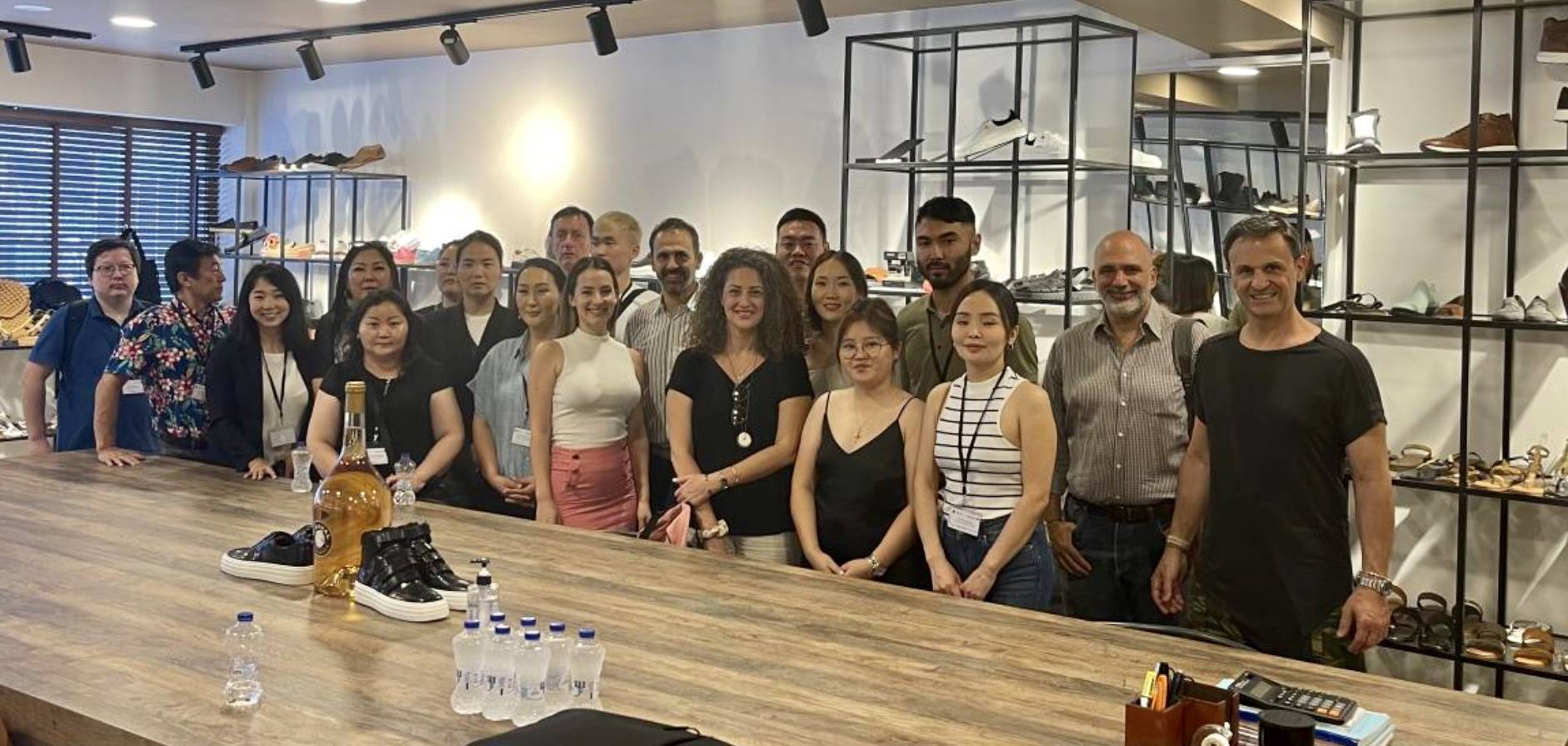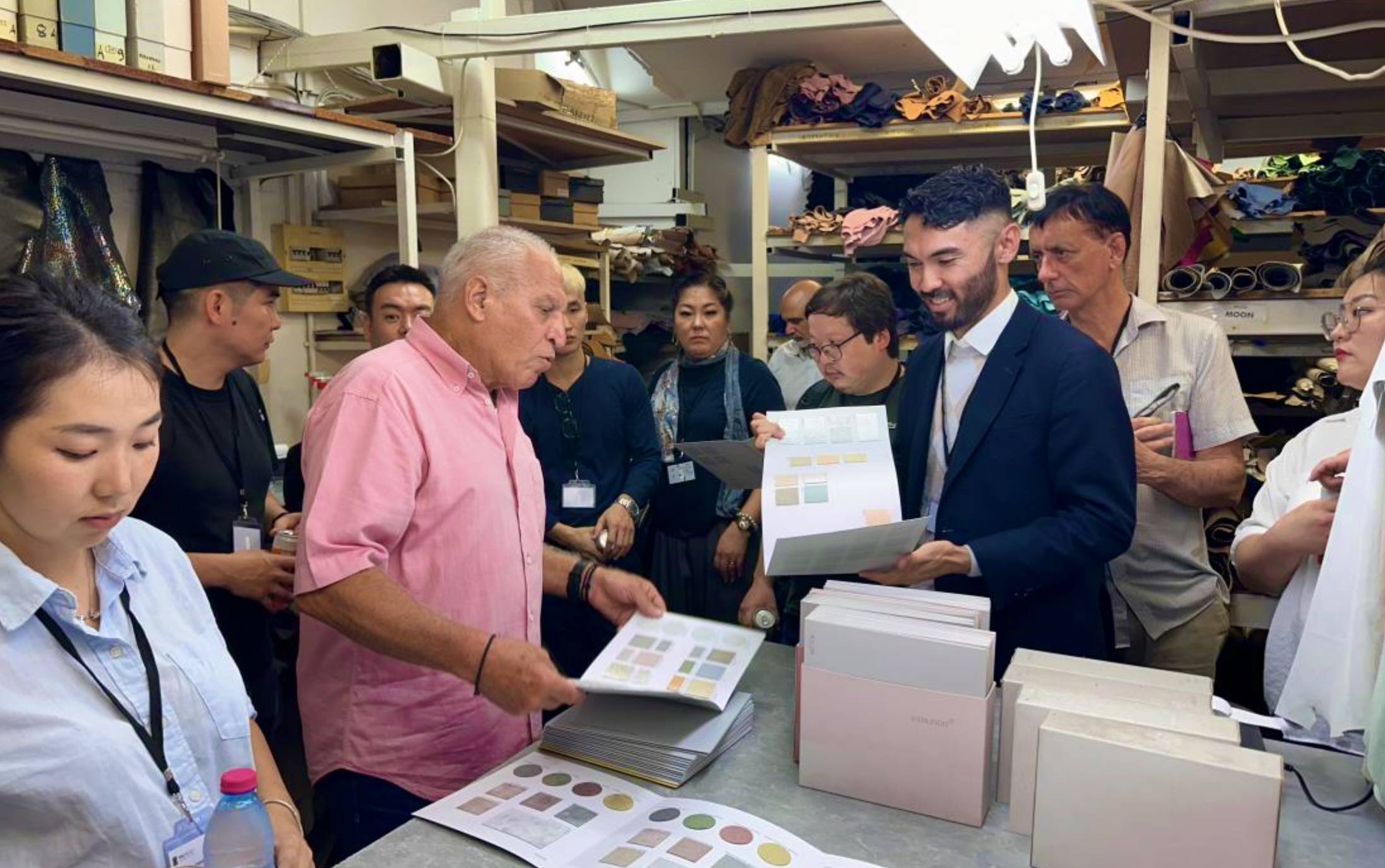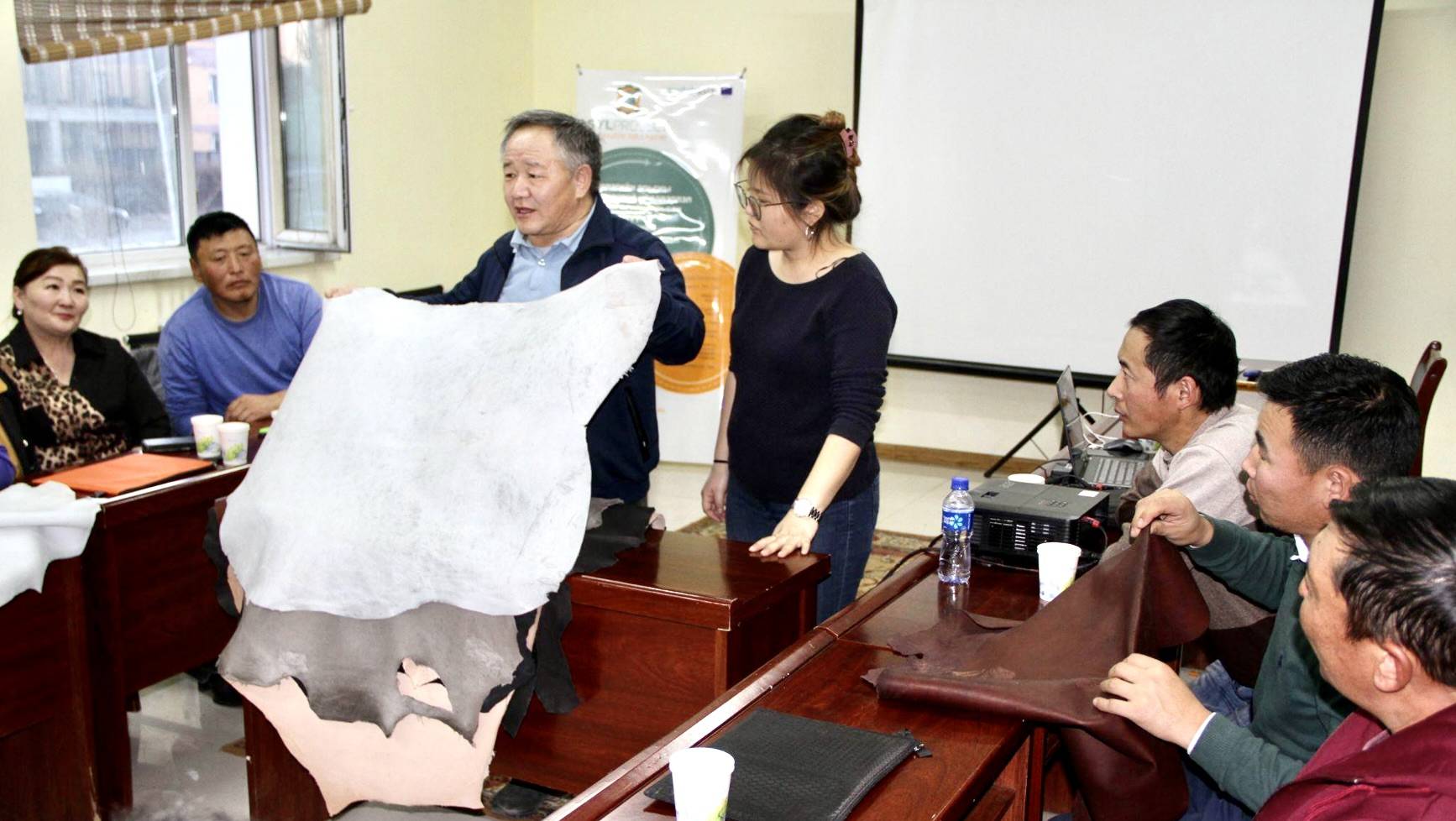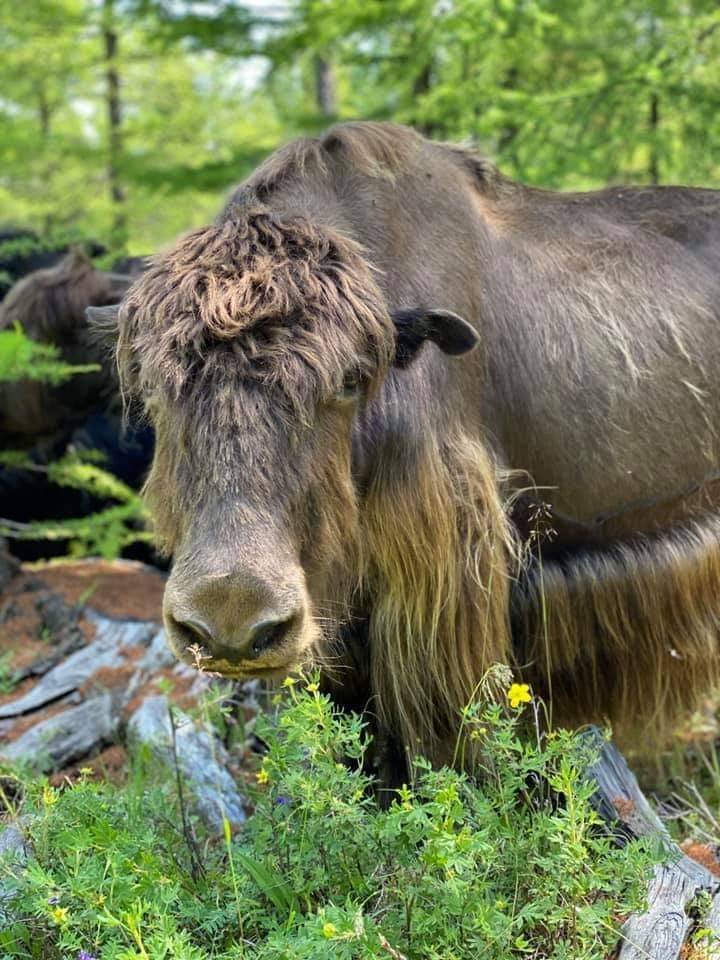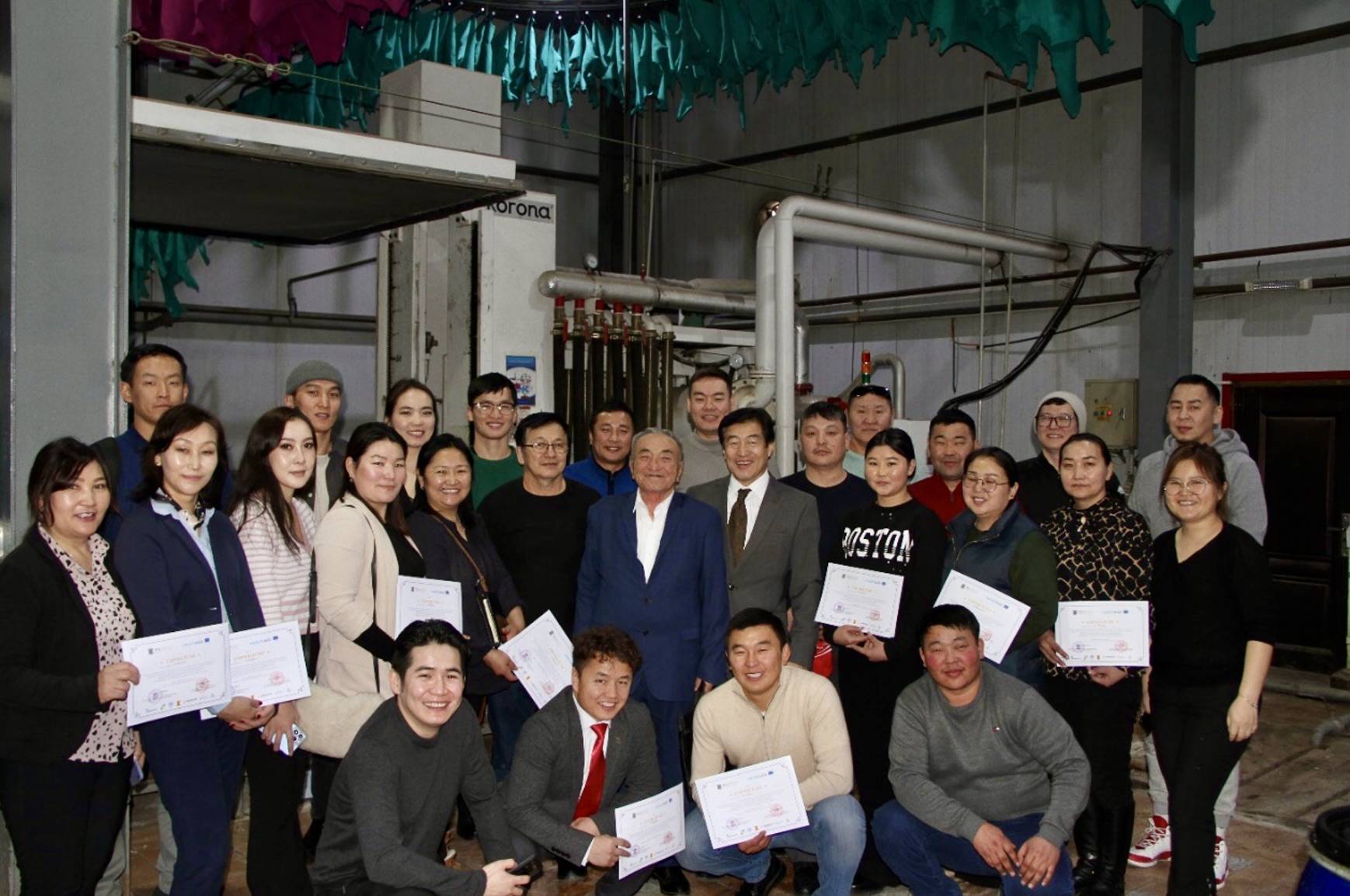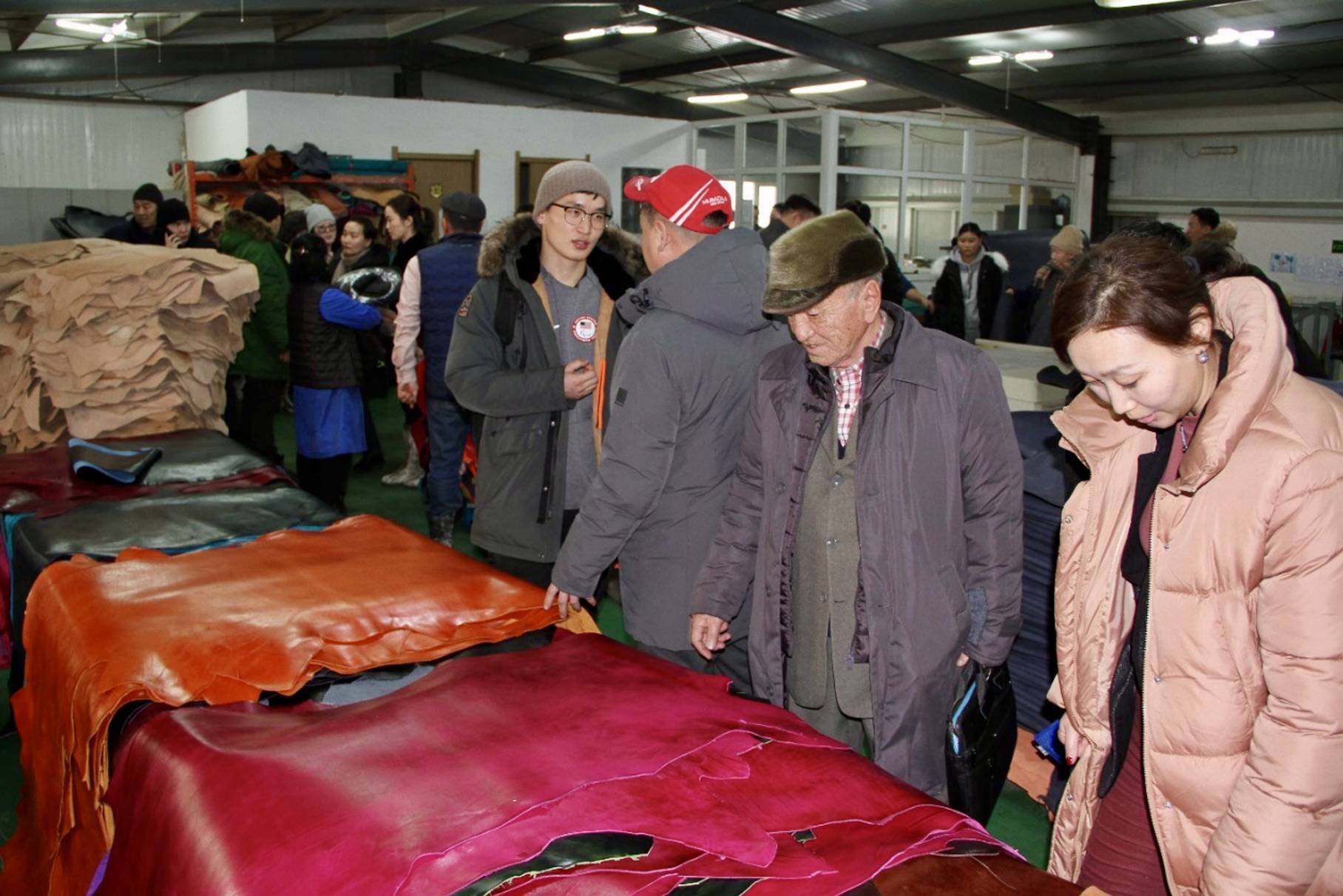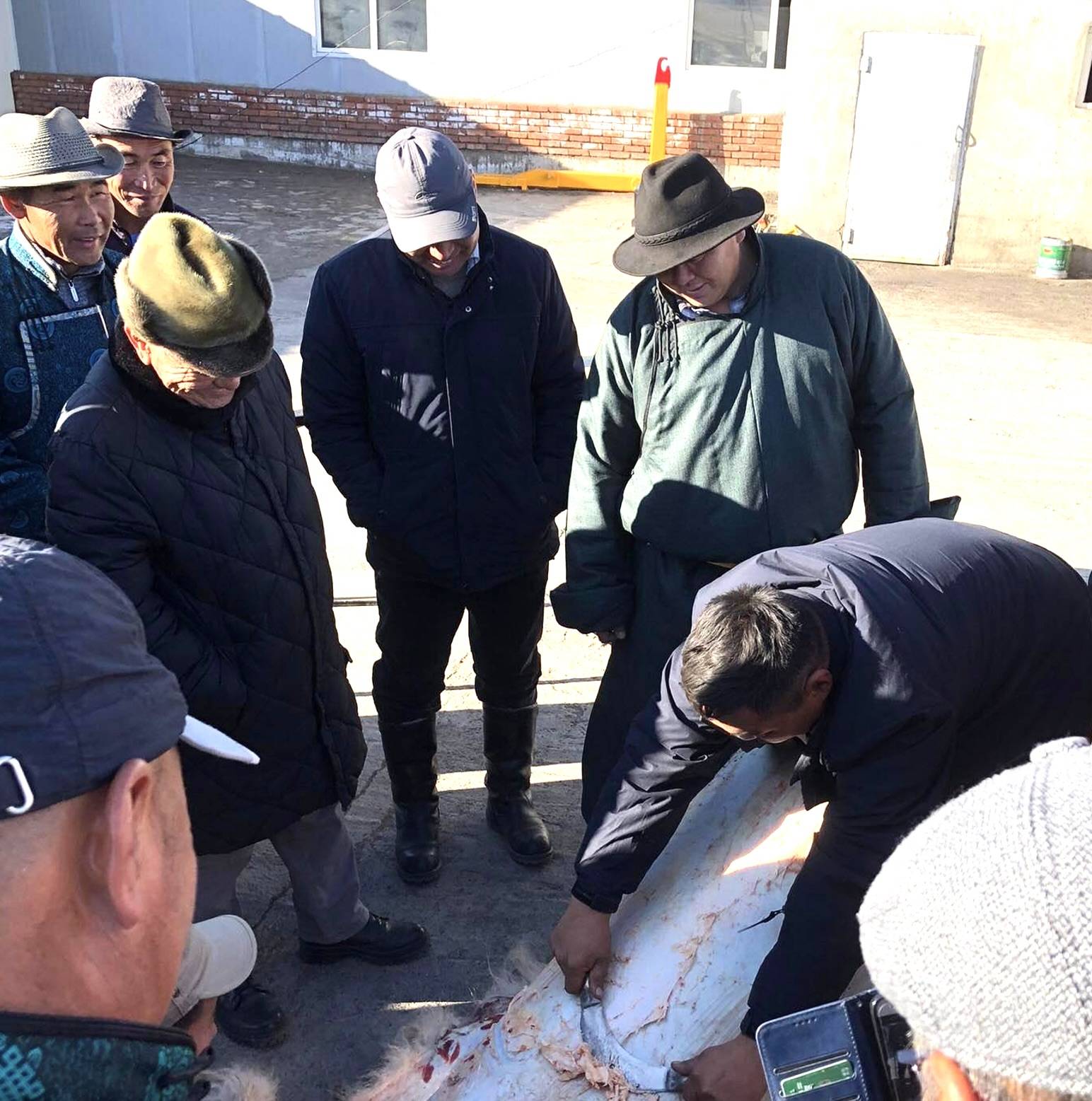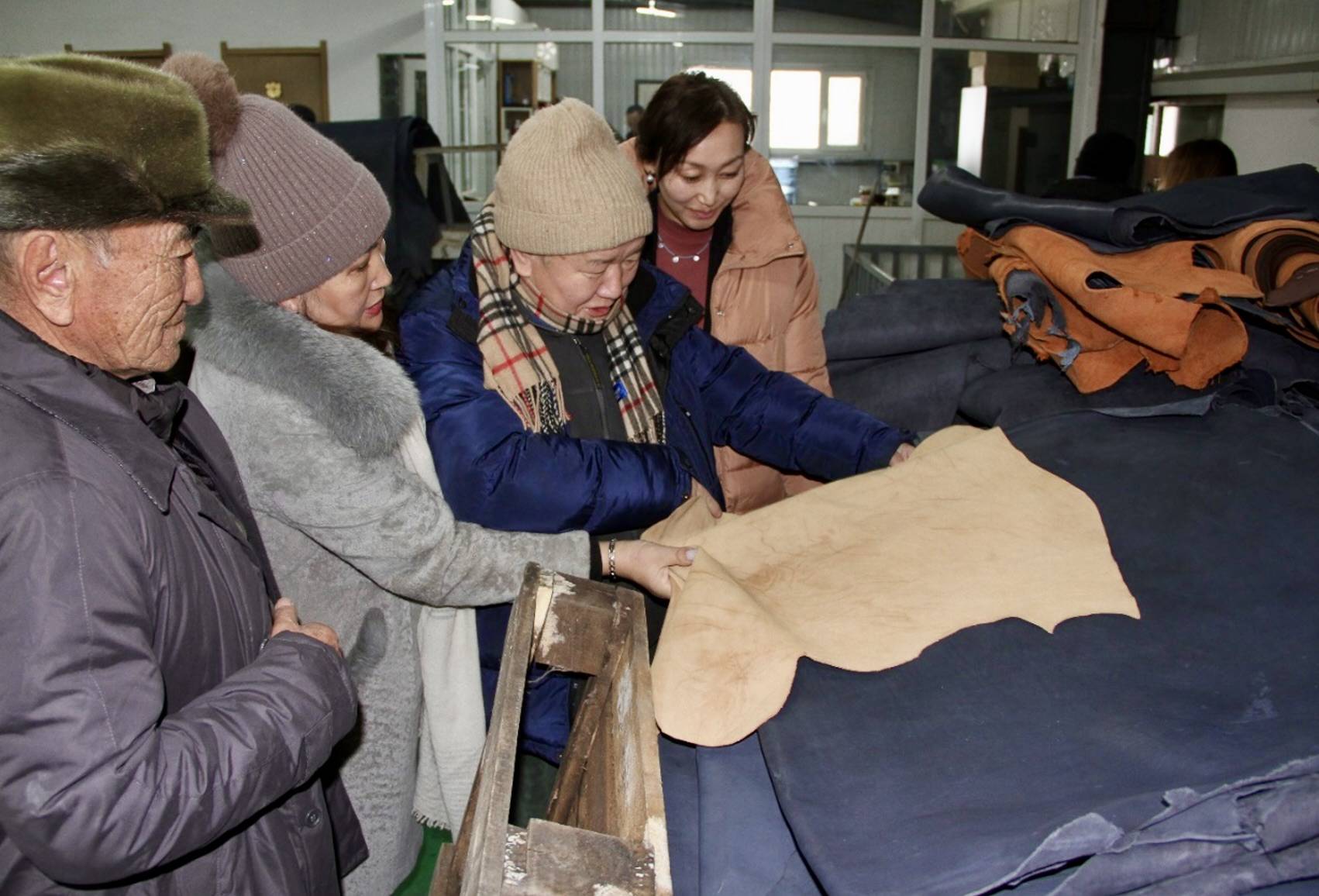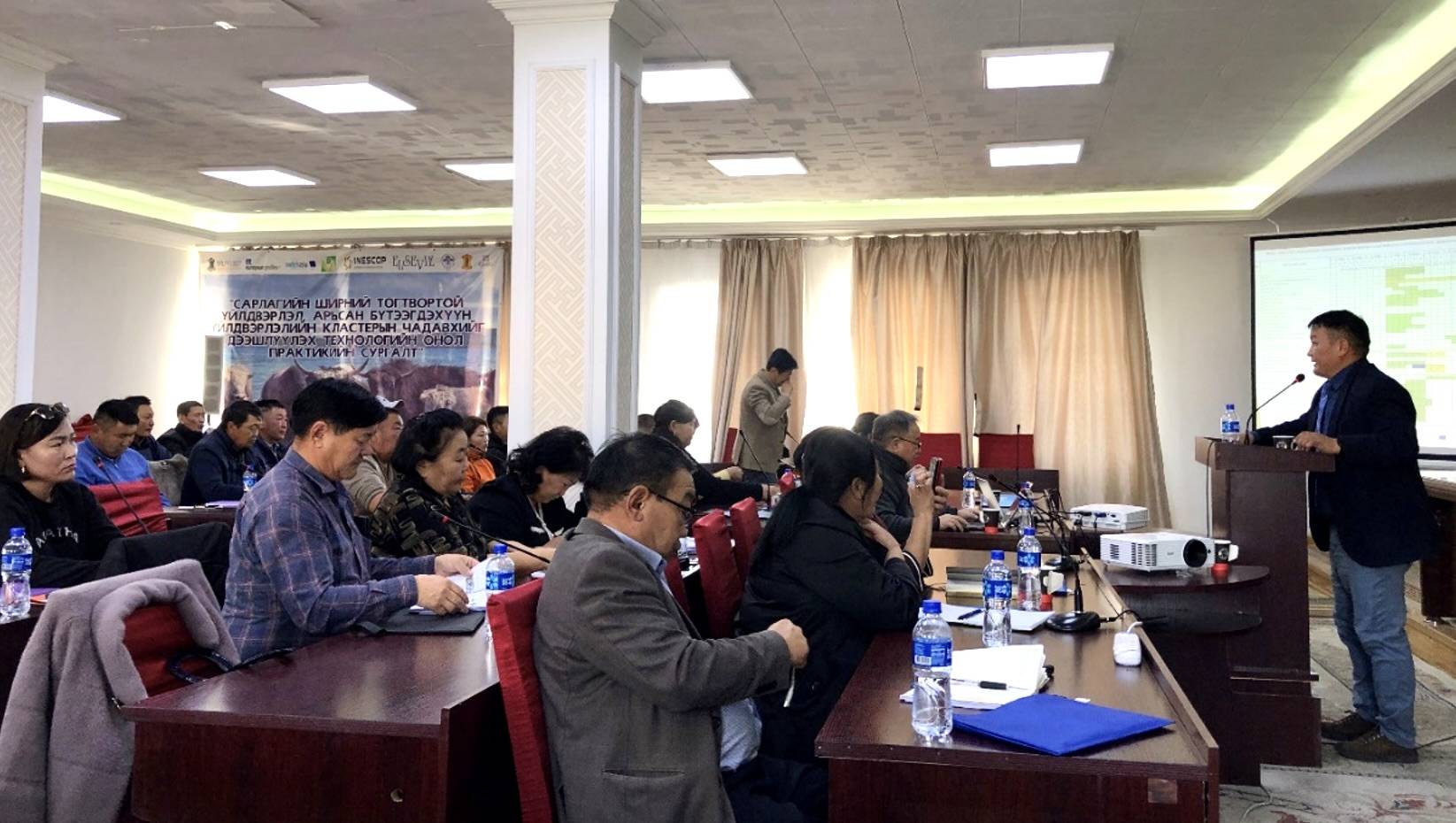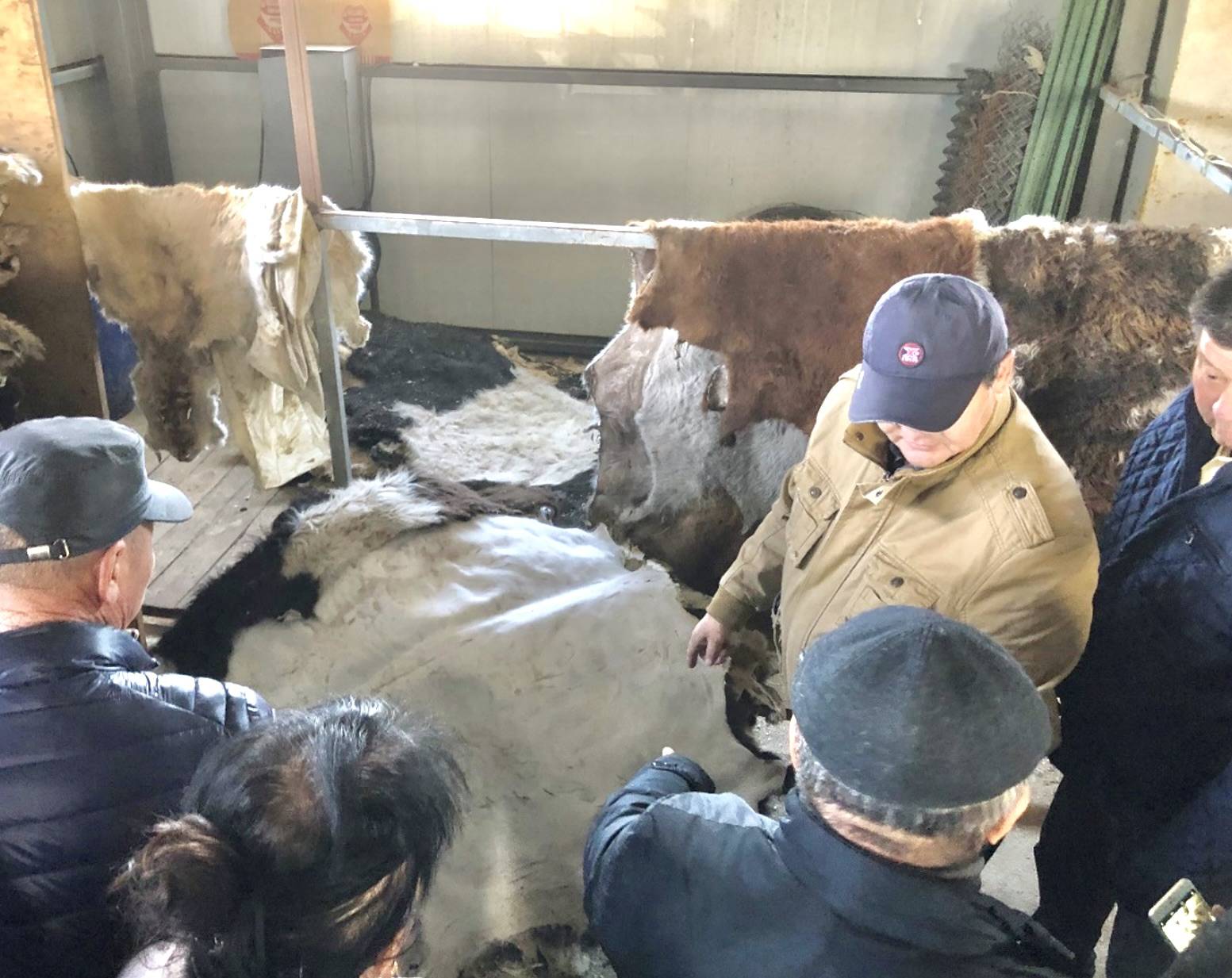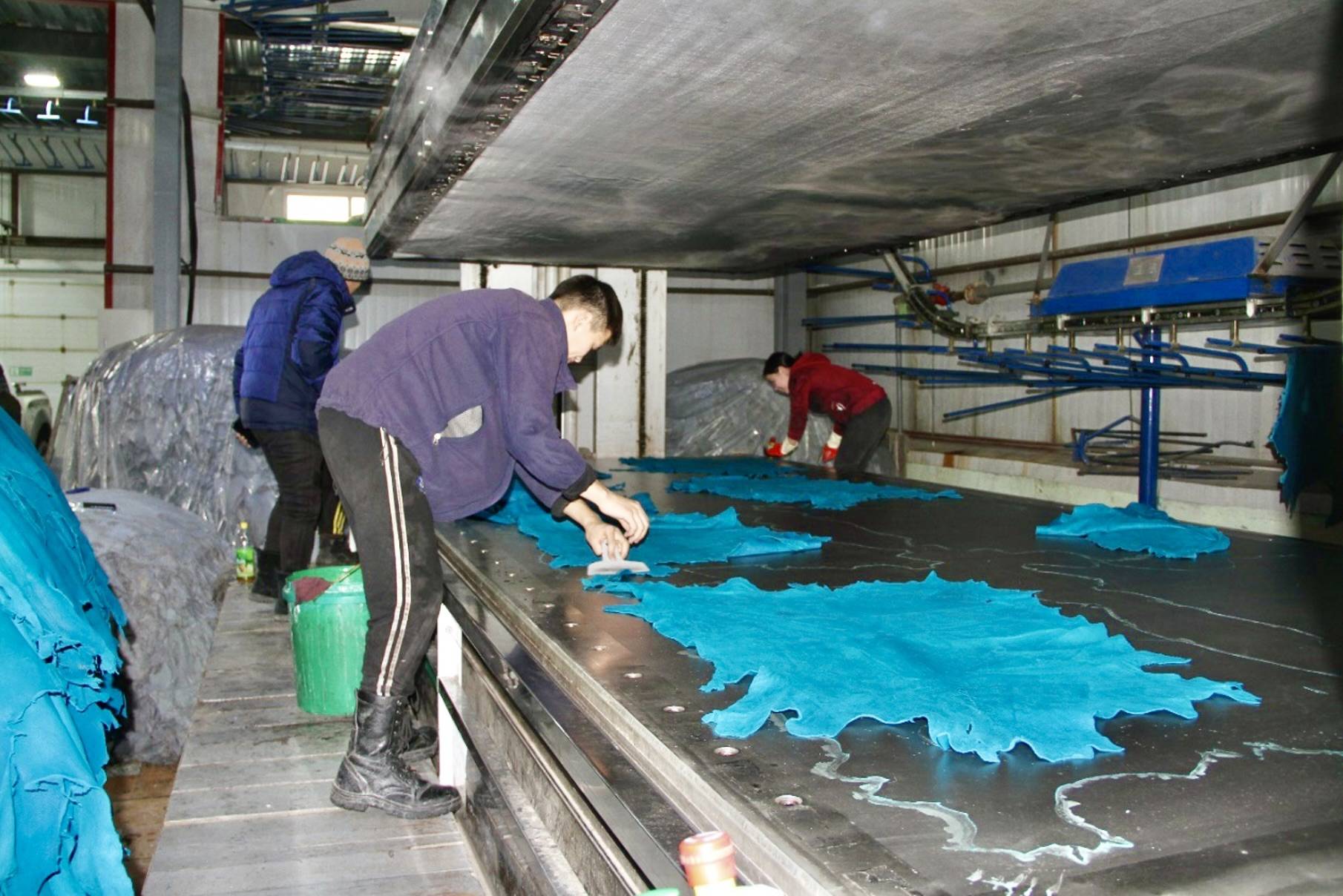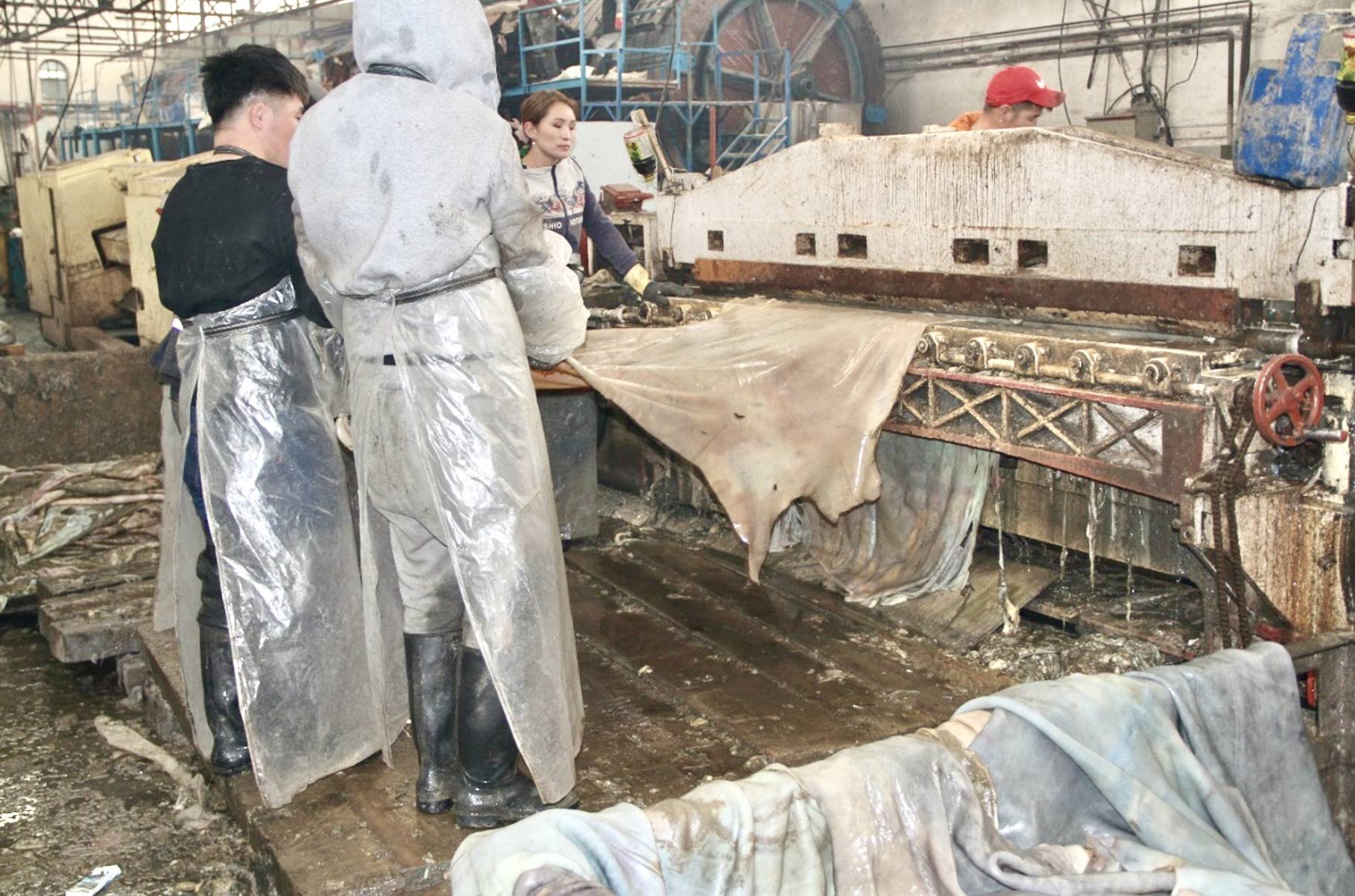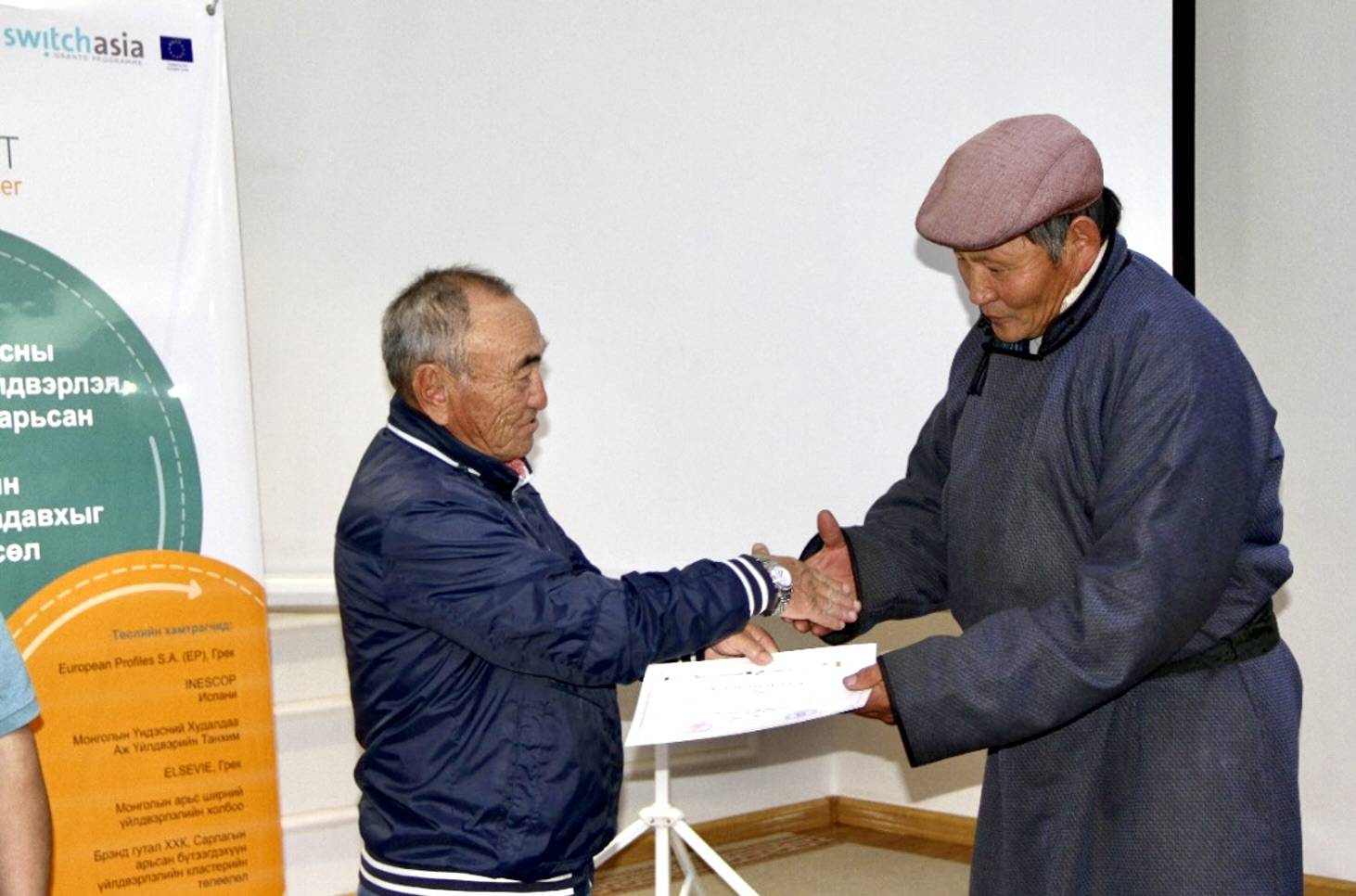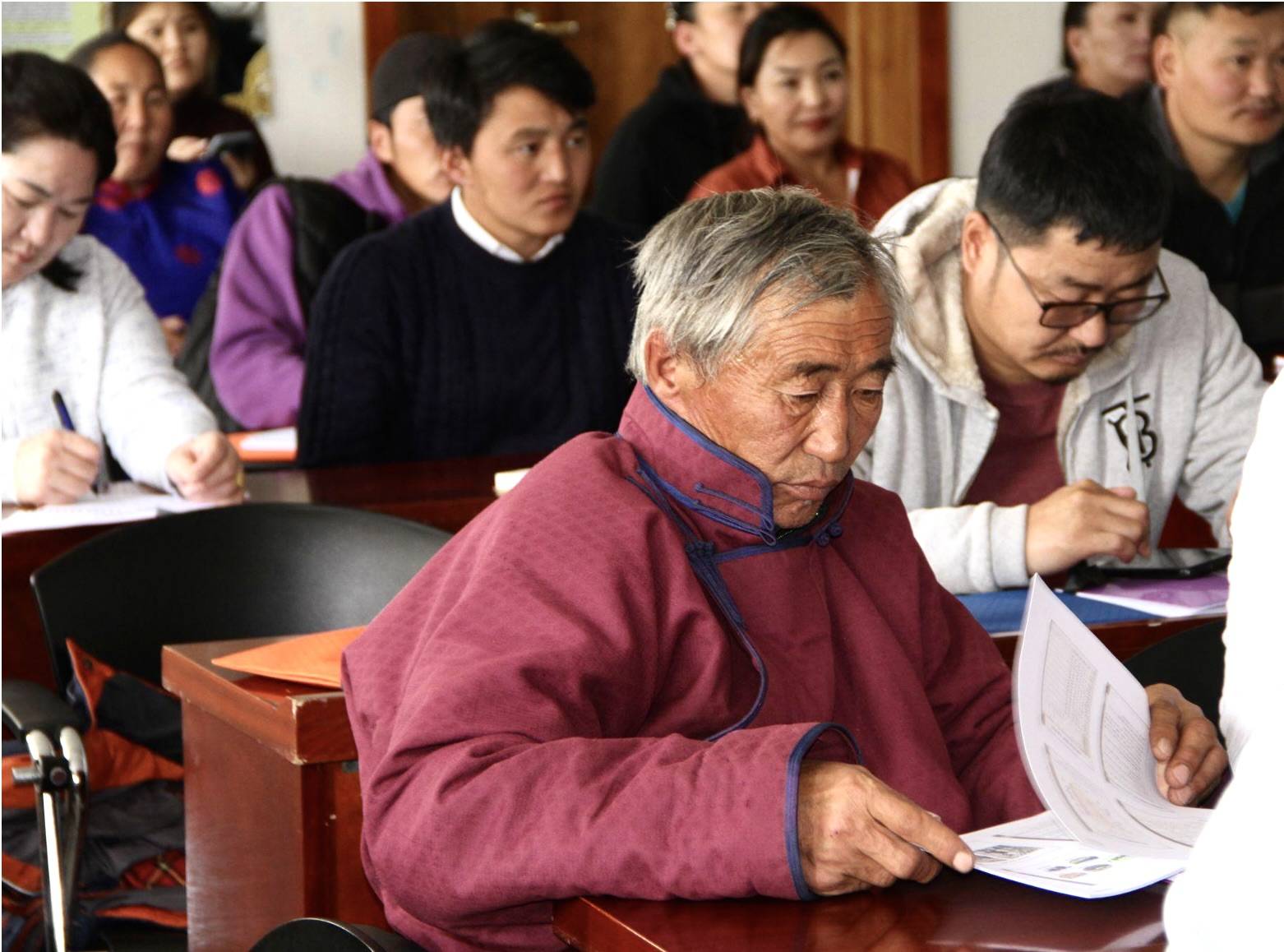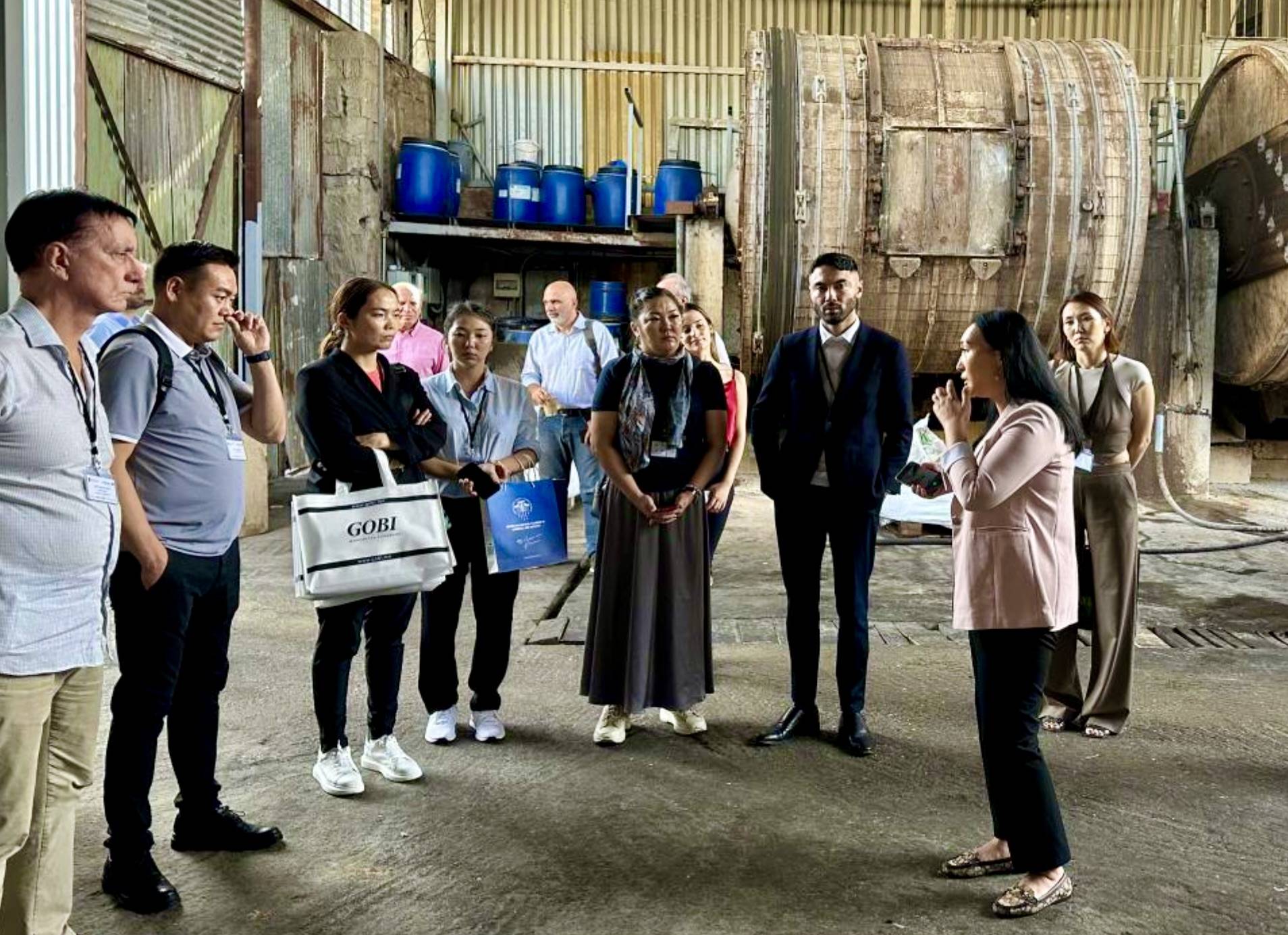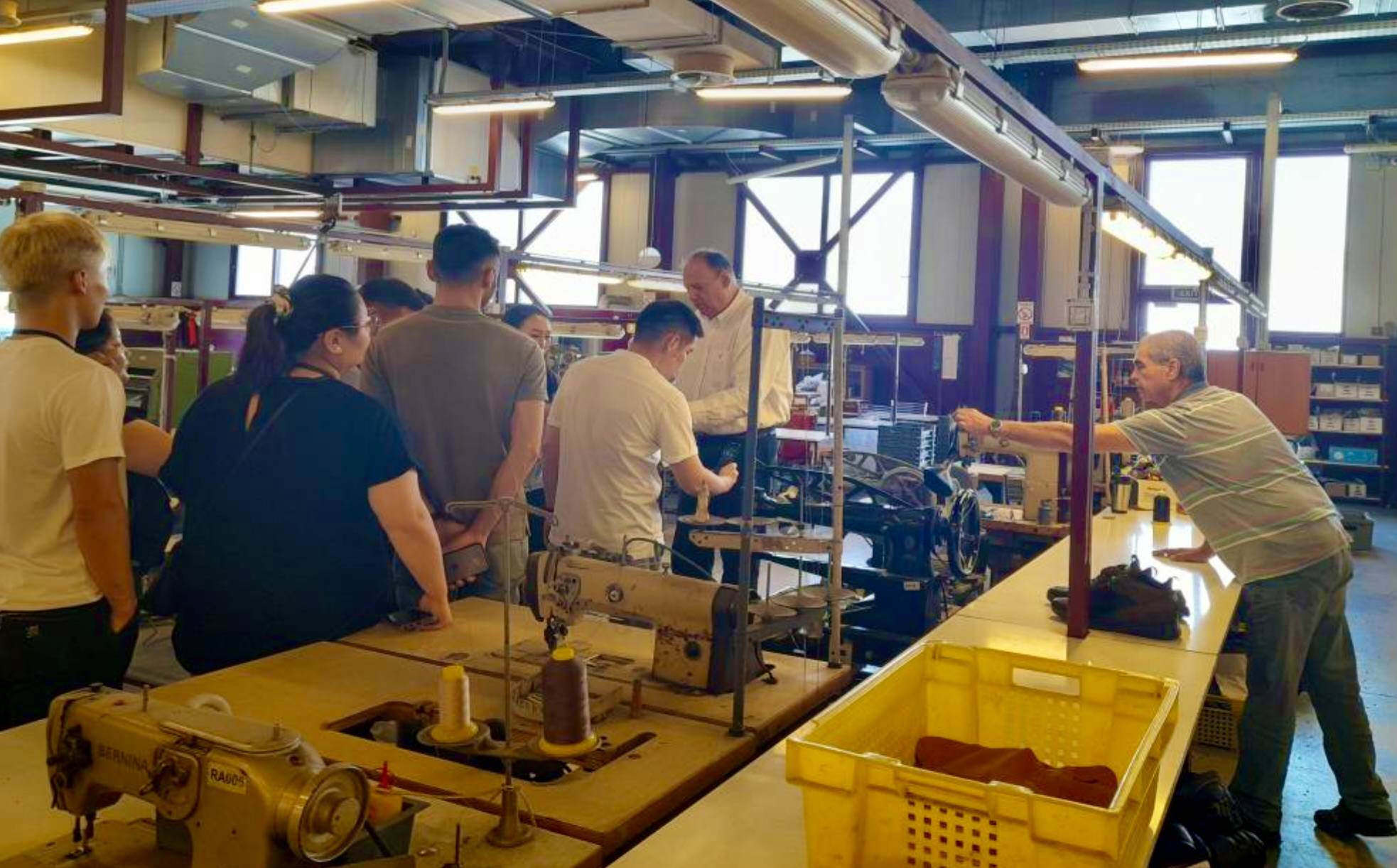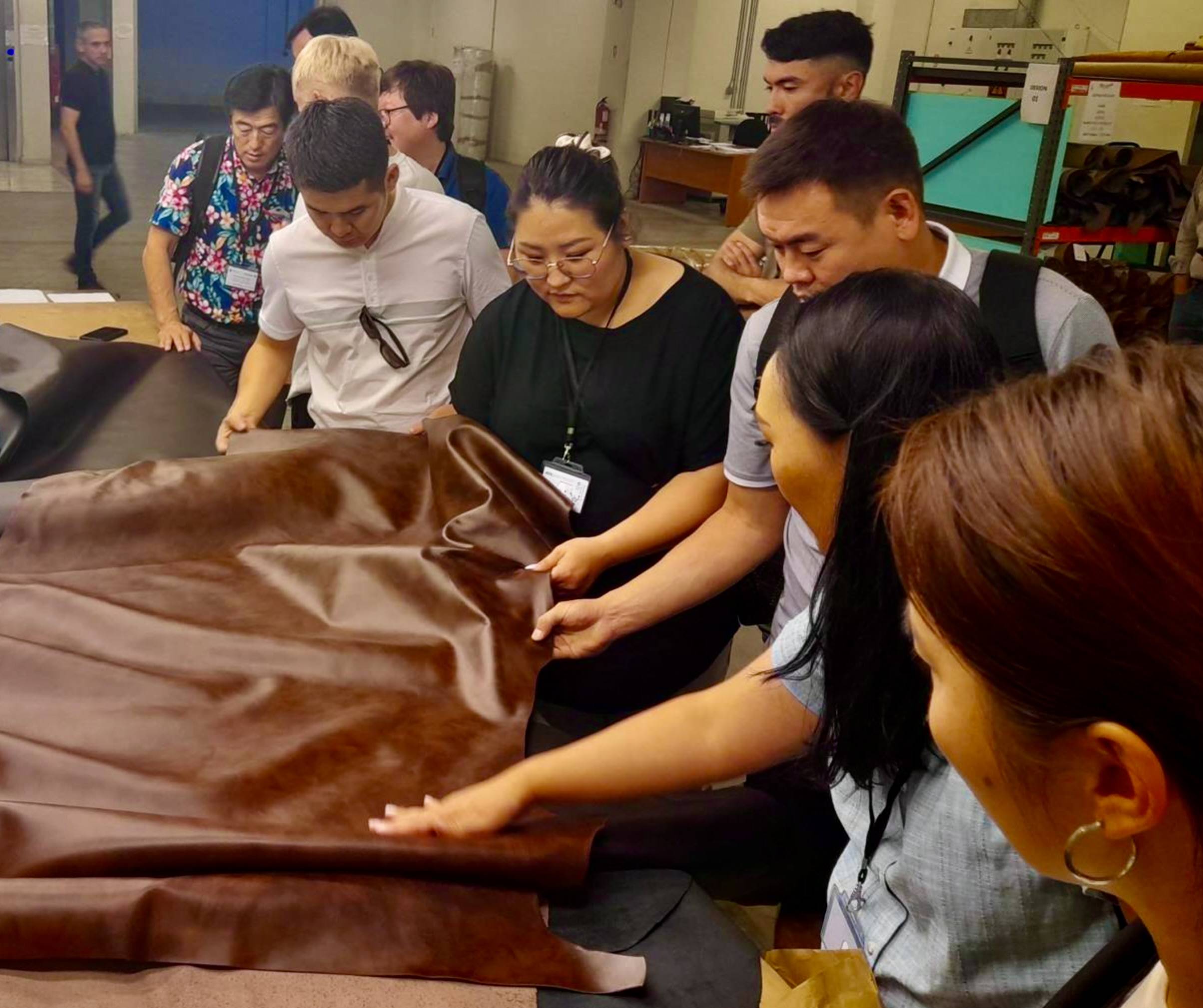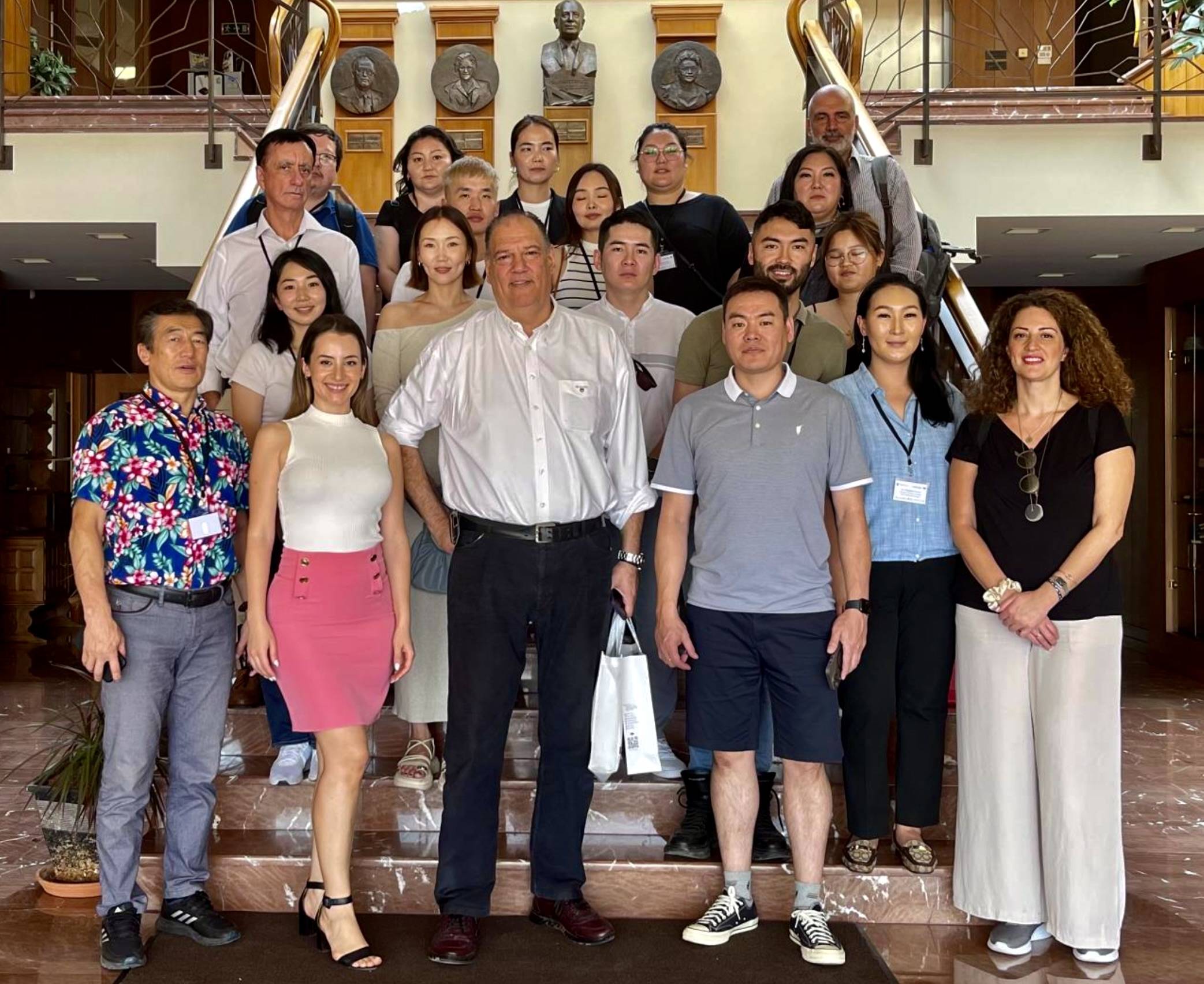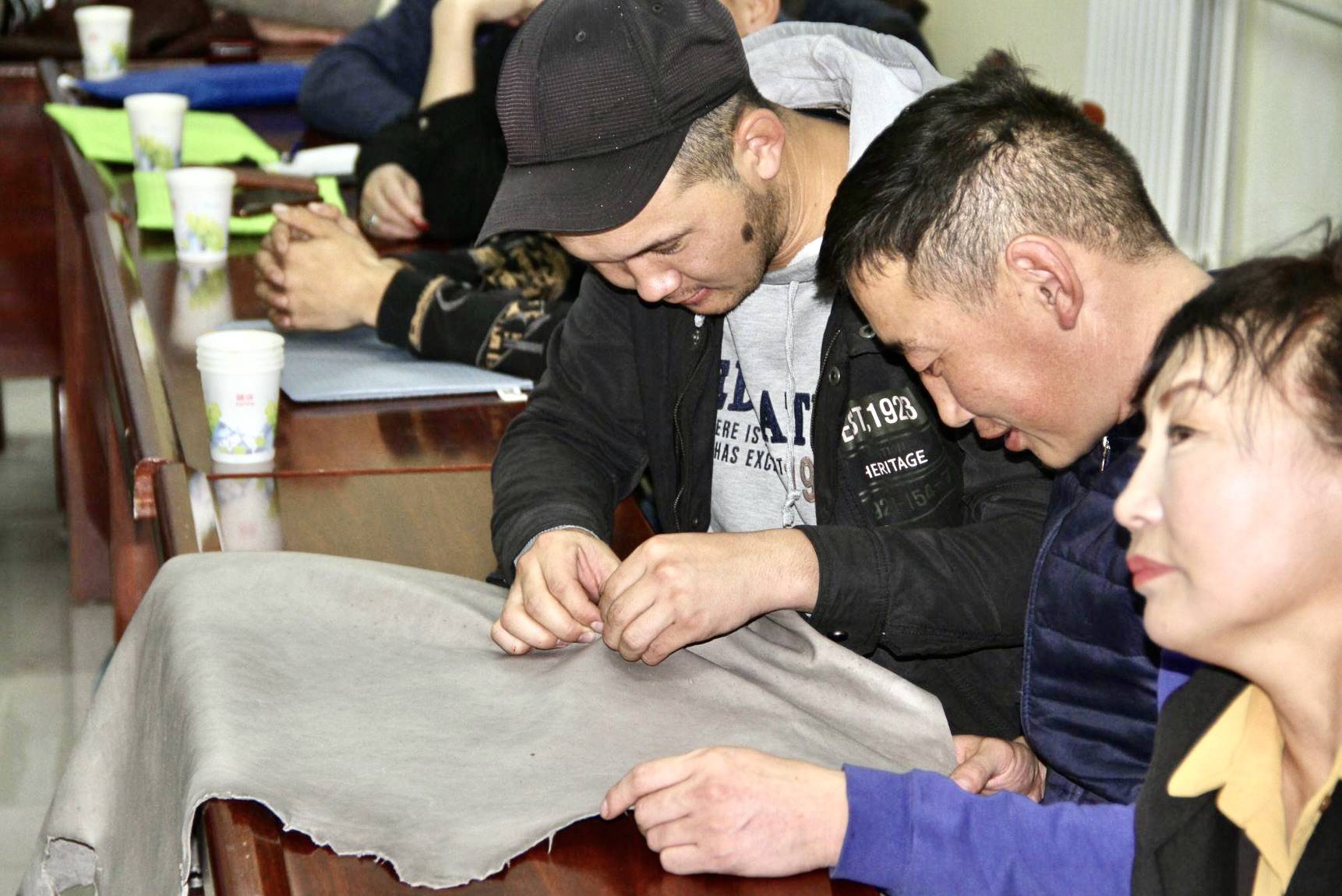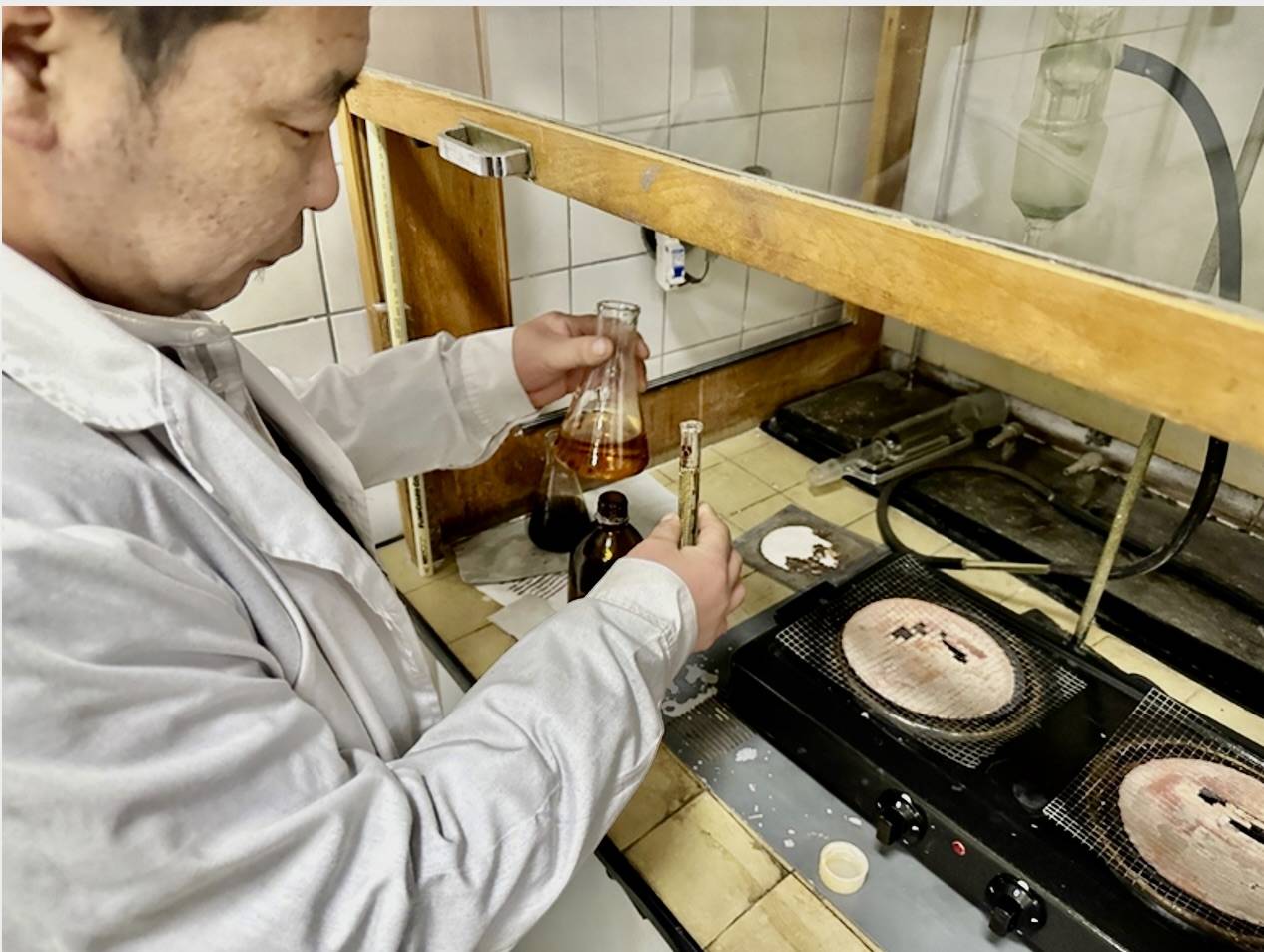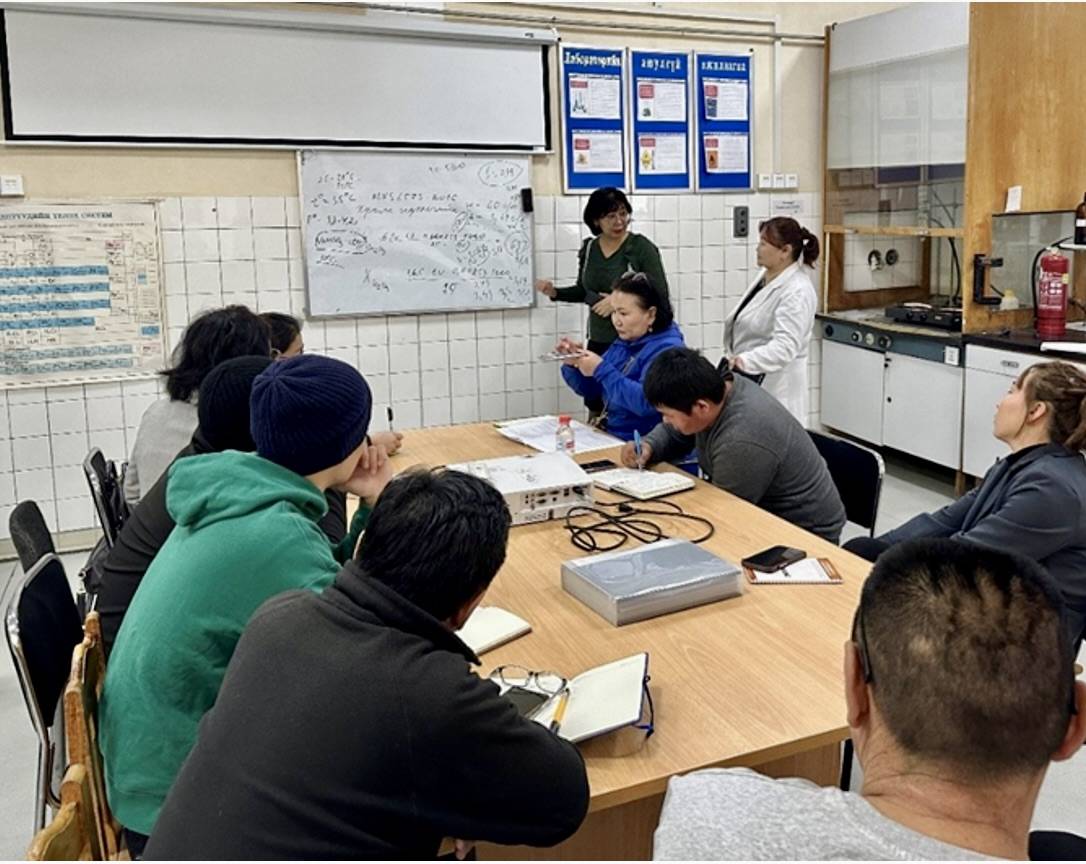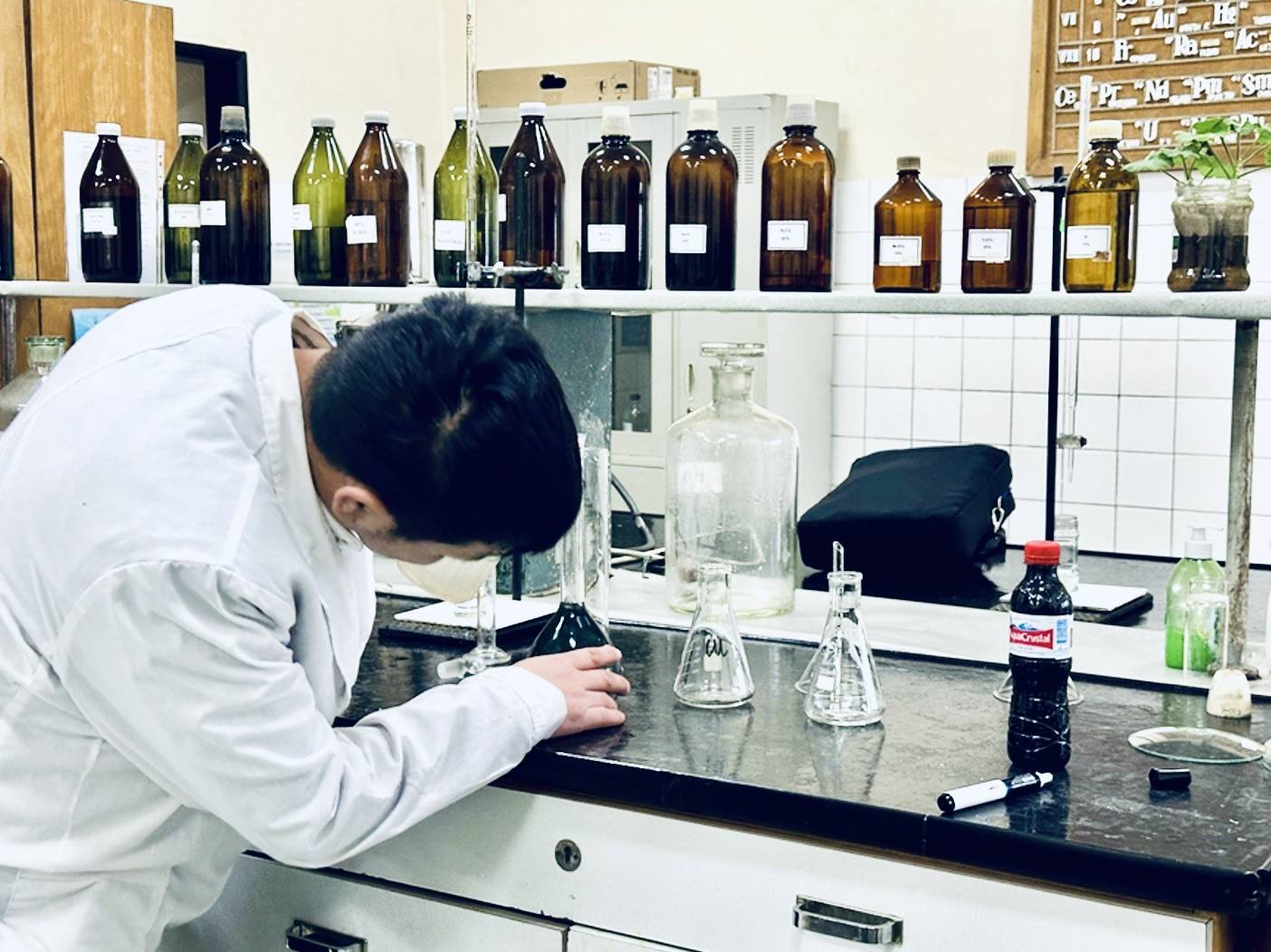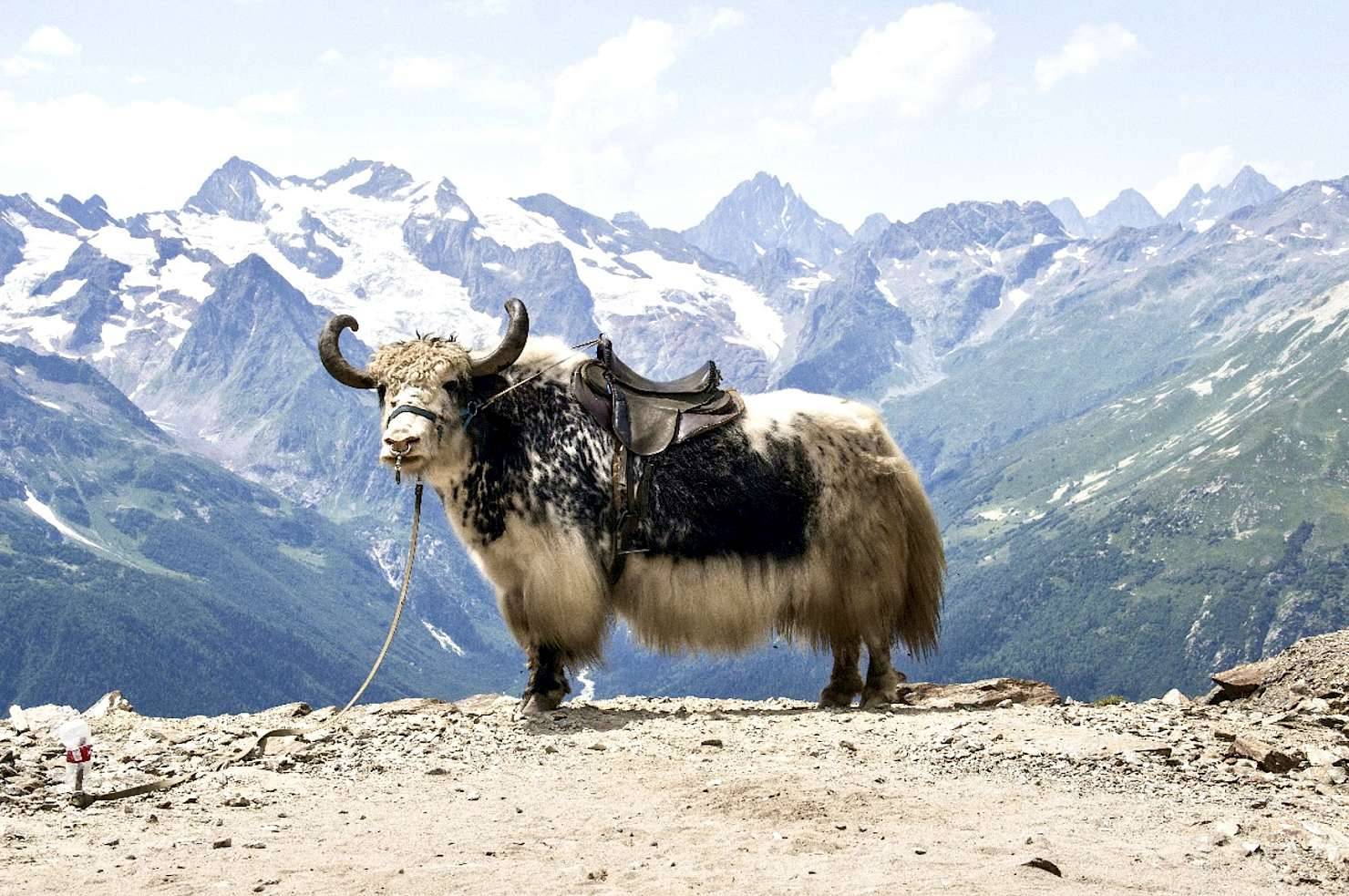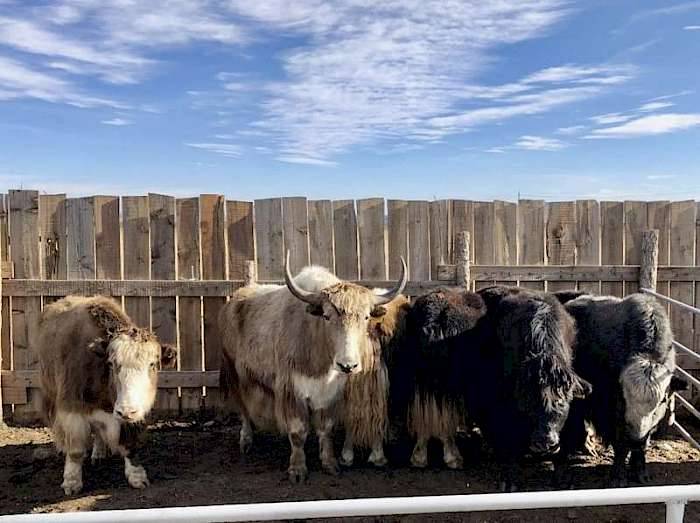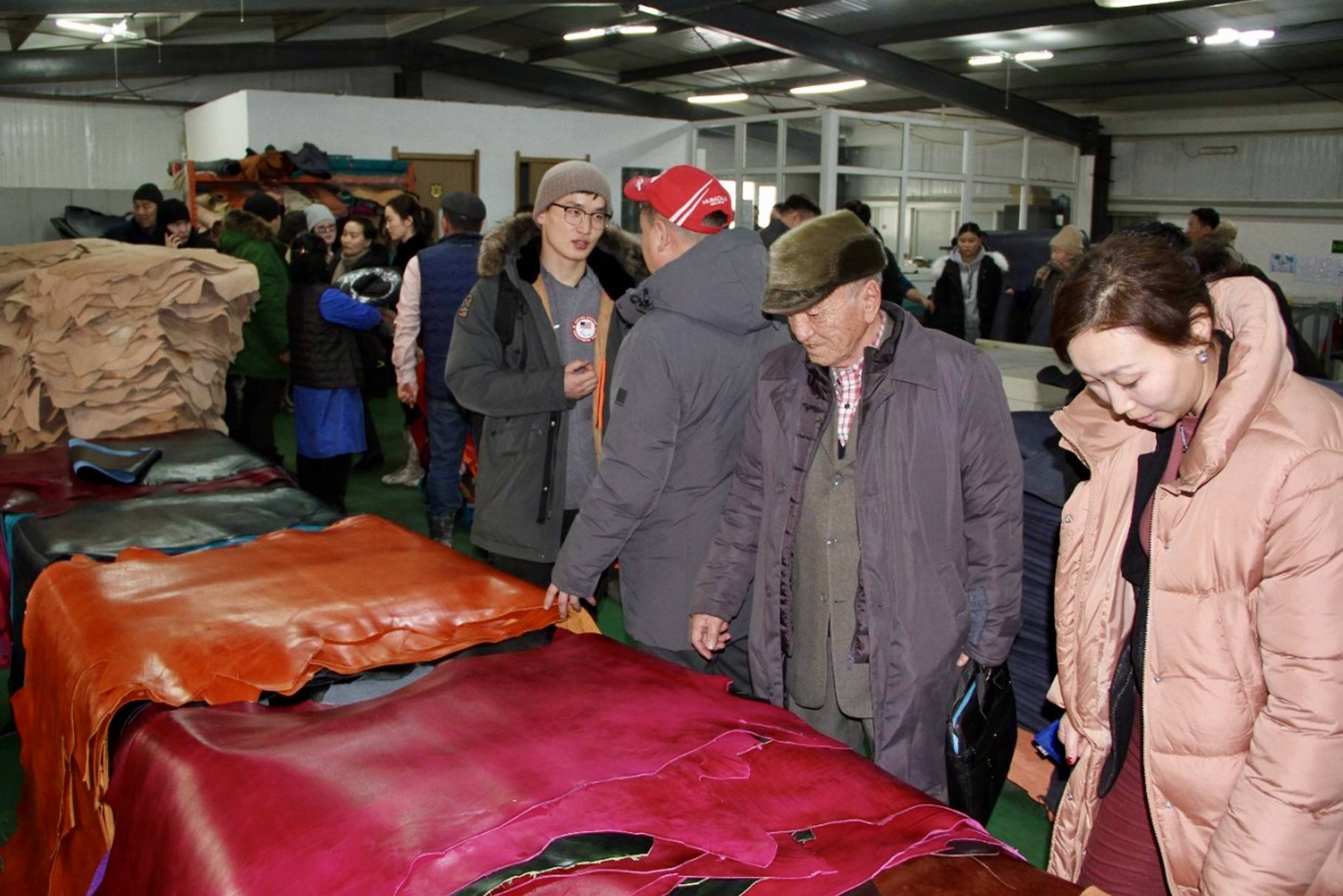
The Challenge
The tanning industry is one of the most important industries in Mongolia, however, it is still based on traditional practices, old facilities, equipment and technicalities, and there is a need for increased attention to environmentally-friendly, green technologies and circularity of products. Most factories only process up to the wet blue stage and about 20% produce processed leather; but this percentage is decreasing due to quality issues linked to resilience, odor and skin damage. Among the 10.4 million larger animals of Mongolia’s domestic livestock, yaks’ amount to 1 million, and all but 5% are located in 6 provinces. Yaks are especially suited to the local situation, providing a range of products such as milk, fibres, cashmere, hair, meat and hides, with less disadvantages than other cattle supporting the livelihood of many households in the yak raising provinces. Nowadays, the manufacture of leather is dominated by mineral (chrome) tanning, which, along with associated finishing procedures based on synthetics, is very demanding in terms of requirements for energy and water, and polluting in terms of wastes that are generated and effluent discharges. Vegetable tanning in general, and the manufacture of full grain vegetable leathers in particular, present a number of opportunities for reducing inputs and outputs, and thereby contributing to greener and environmentally friendly production. The limited numbers and distribution of yaks, present an opportunity for the development of a sustainable and distinctive value chain. Moreover, upstream integration can offer leather producers the opportunity to agglomerate supply, reduce wastage, and add more value to the items produced in Mongolia.
The Objectives
Support the Vegetable Tanned Yak Leather Cluster in reducing the environmental impact of production, improving resource efficiency and adopting circular economy practices, enabling its members’ integration to global greener value and supply chains. The project will enable the Vegetable Tanned Yak Leather Cluster by solving problems in the following areas:
- Antiquated technology for processing leather;
- Products not complying with international quality standards;
- Outdated infrastructure for treatment of waste;
- Lack of skilled human resources.
The Way Forward
- Production of bio-leather and manufacturing of associated bio-leather products with greater scope for recycling developed;
- Sustainable, quality and traceable supplies of hides of domesticated yaks, available as raw materials for the emerging vegetable tanning industry established;
- Losses associated with existing (incomplete) collection of hides, and waste attributed to remediation and improper processing reduced;
- Efficiency and effectiveness of tanning, finishing, and leather products manufacturing operations improved;
- Enhanced skills of the Vegetable Tanned Yak Leather Cluster (and other leather MSMEs) on sustainable production and marketing;
- Production of sustainable and environmentally friendly yak leather products suited to export markets increased.
Relation to European Green Deal, Circular Economy and Climate Change
The project is directly linked to the EU Priority to “Support MSMEs in reducing the environmental impact of their industrial production, improving resource efficiency and adopting circular economy practices”. The project also contributes to the EU Green Deal under the following pillars:
- Fresh air, clean water, healthy soil and biodiversity by introducing circularity in the yak leather production process, reducing environmental impact in terms of pollutants and toxic chemicals, optimization of resources management leading to less waste and less utilized resources;
- Future-proof jobs and skills training for the transition by building the capacity of relevant stakeholders (from herders to traders and merchants) on sustainble techniques, practices, and processes that lead to sustainable yak leather products;
- Globally competitive and resilient industries by providing support for clustering, development of green business plans, minimized energy consumption for production, introducing all levels of Mongolian yak leather production stakeholders into the global green supply chain, thus enhancing their competitiveness and ensuring their place among global suppliers.
In line with the EU Circular Economy Action Plan, the project also addresses the design of sustainable products and circularity in production processes. In relation to the ‘Chemical Strategy for Sustainability’ and as part of the EU Green Deal, the project is furthermore focused on achieving safe products and non-toxic material cycles, protect consumers, vulnerable groups, workers and the environment from the most harmful chemicals and their toxic mixtures, leading towards a zero chemical pollution in the environment.
Duration:
2022-2025Total Budget:
EUR 1,305,956.40 (EU Contribution 80%)Lead Partners
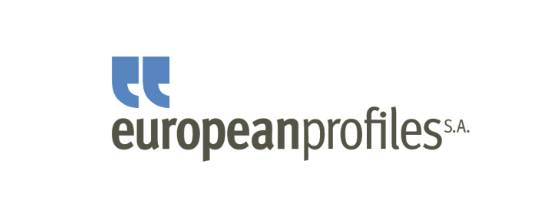
European Profiles S.A.
Partners
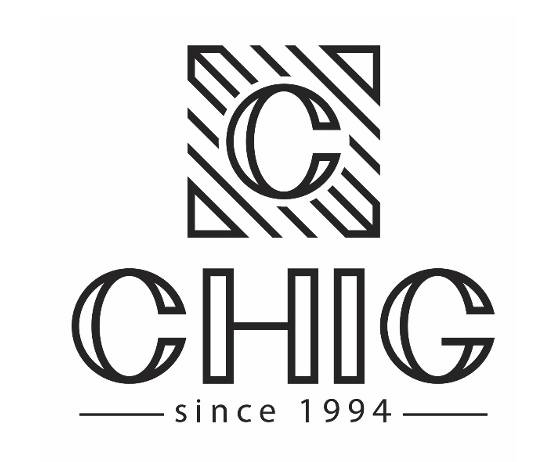
Gutal LLC
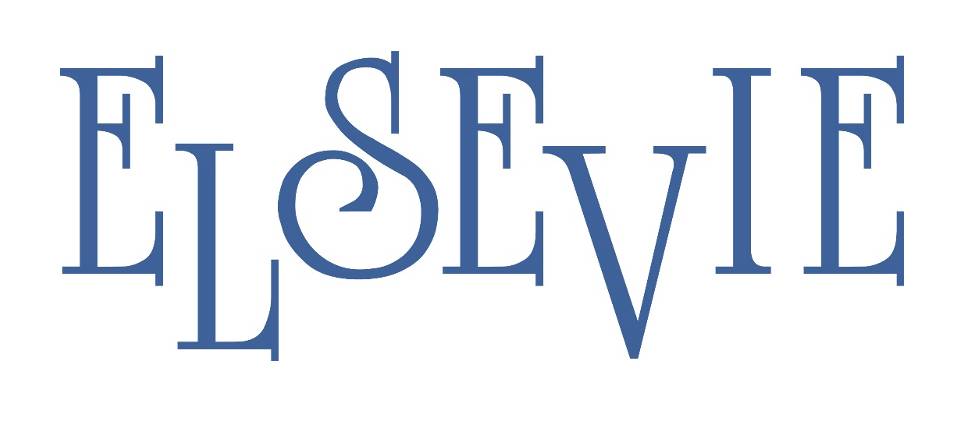
Hellenic Association of Footwear Manufacturers and Exporters (ELSEVIE)

INESCOP
Footwear Technology Centre
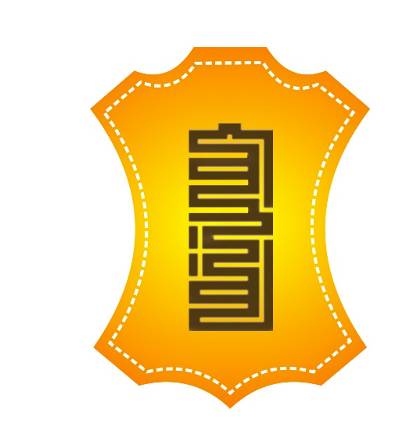
Mongolian Association of Leather Industry (MALI)
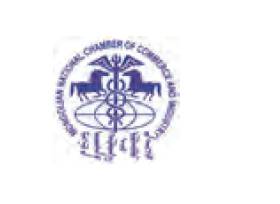
Mongolian National Chamber of Commerce and Industry (MNCCI)
